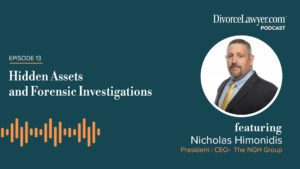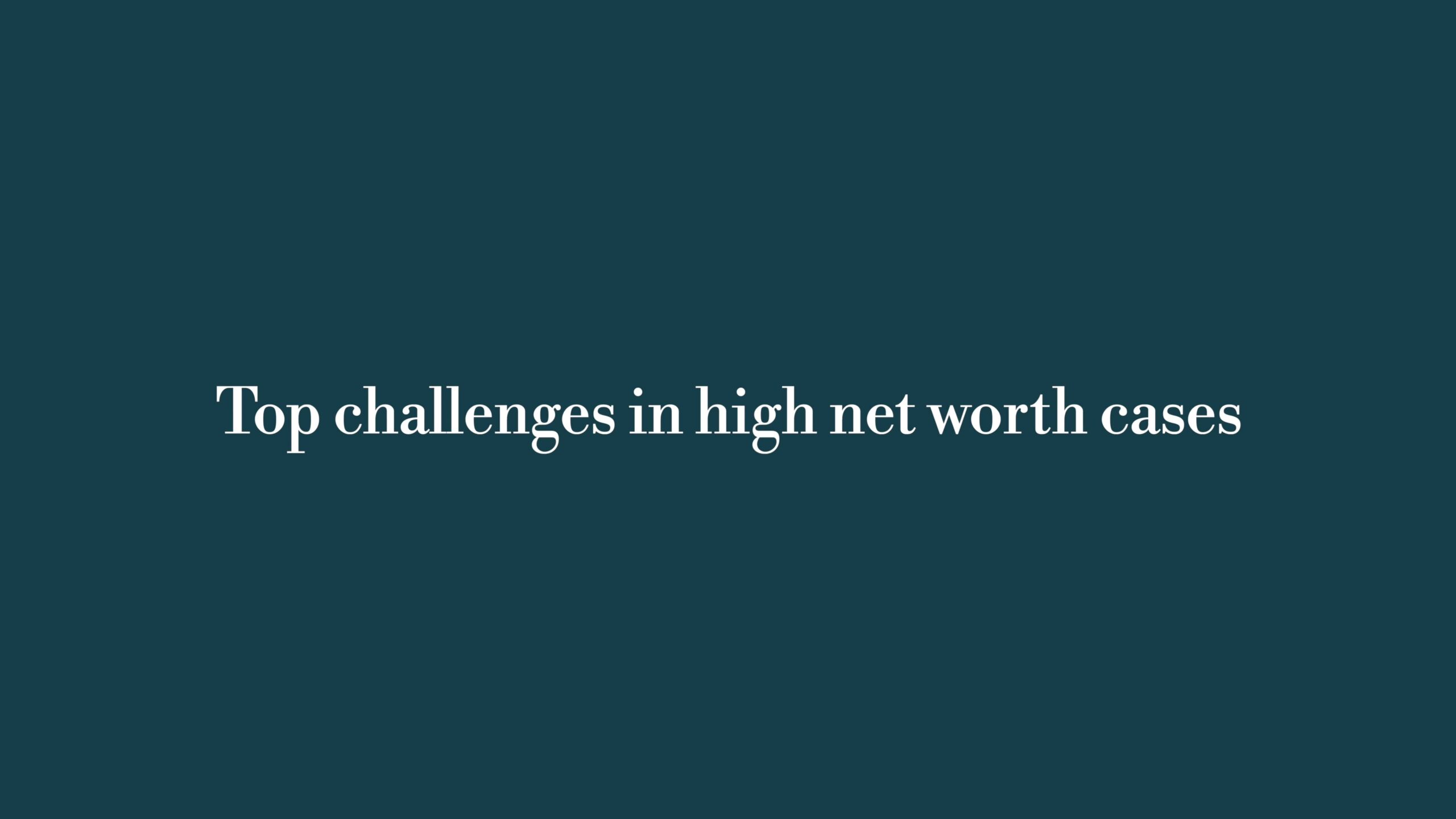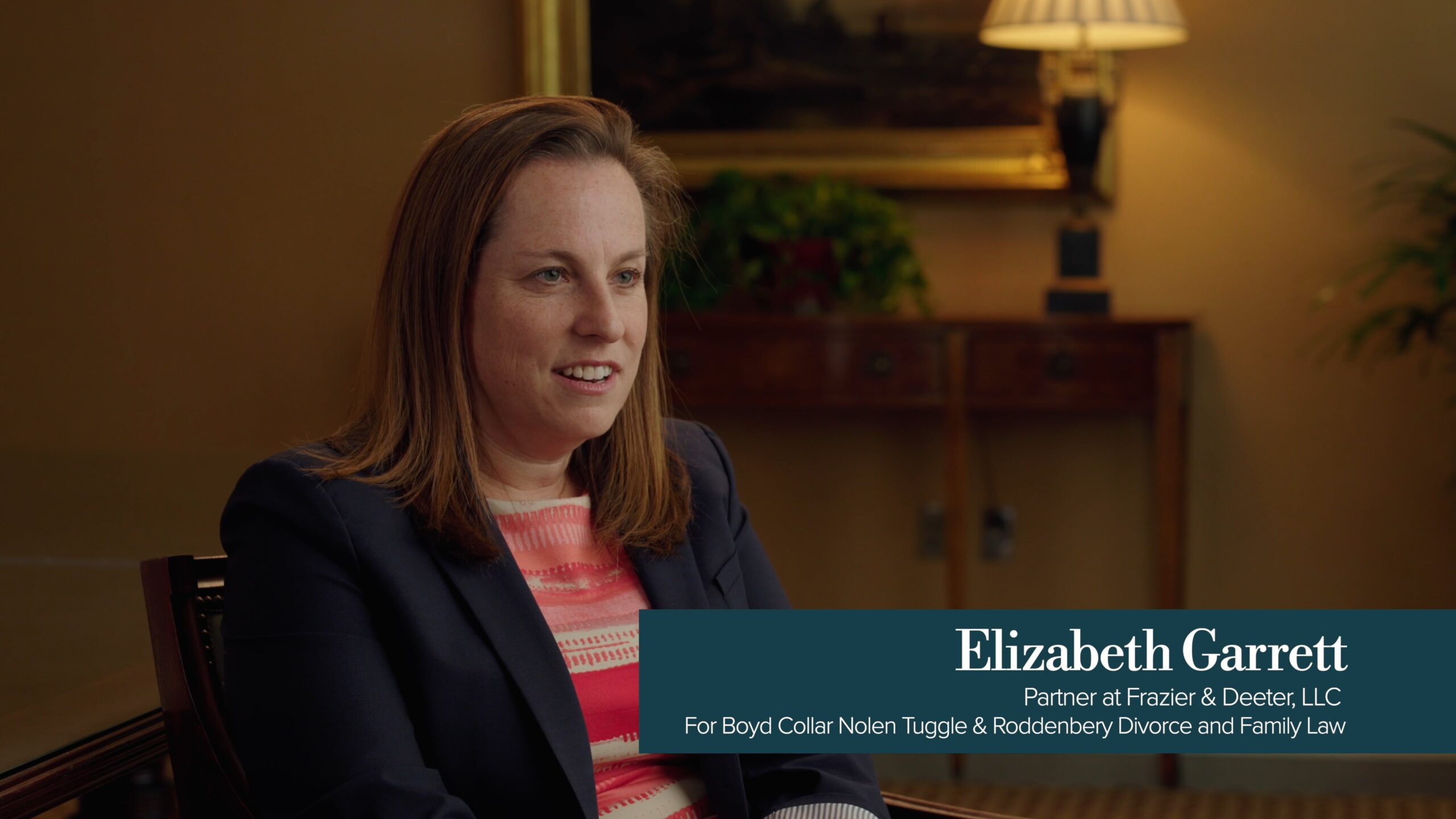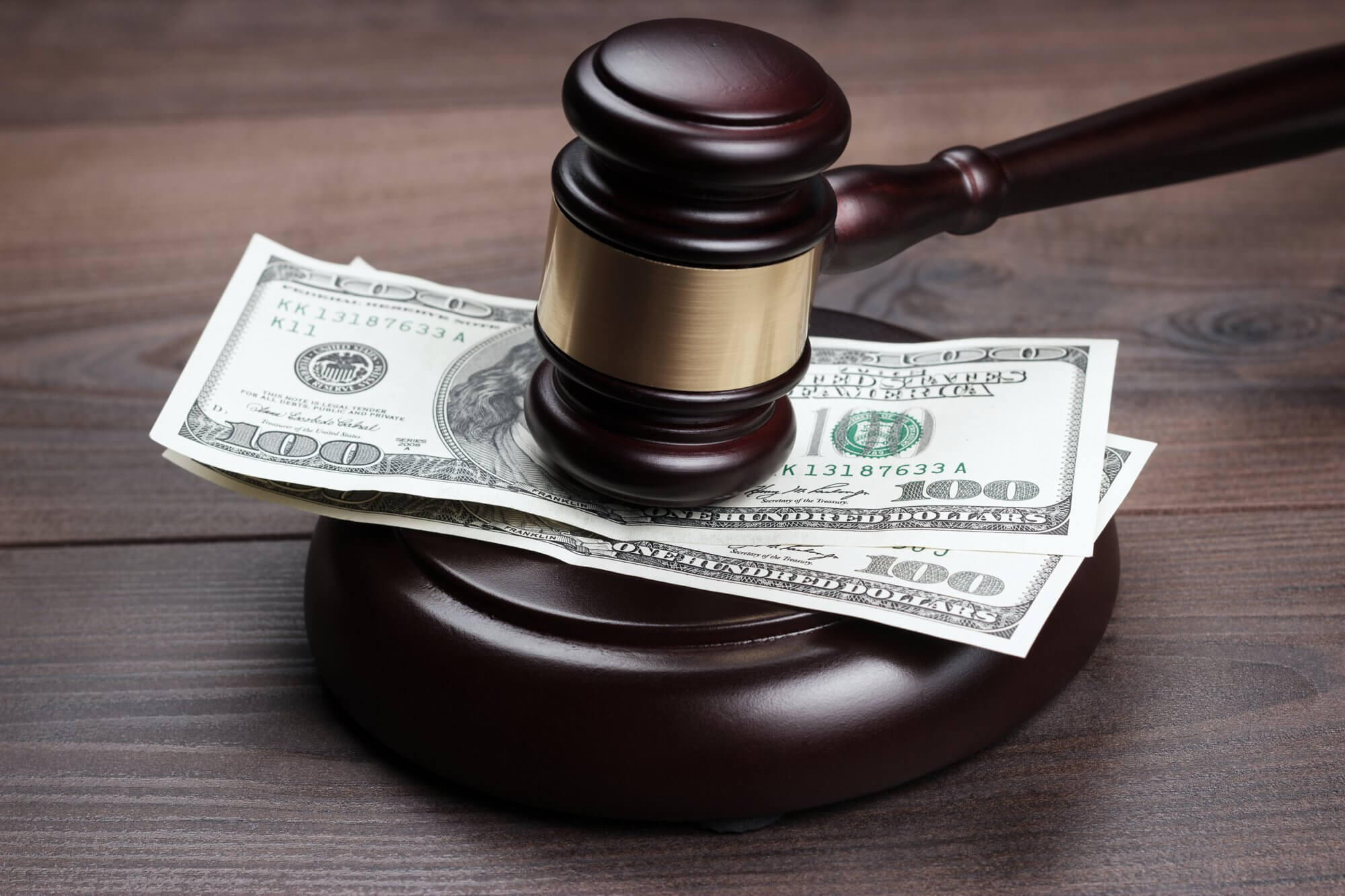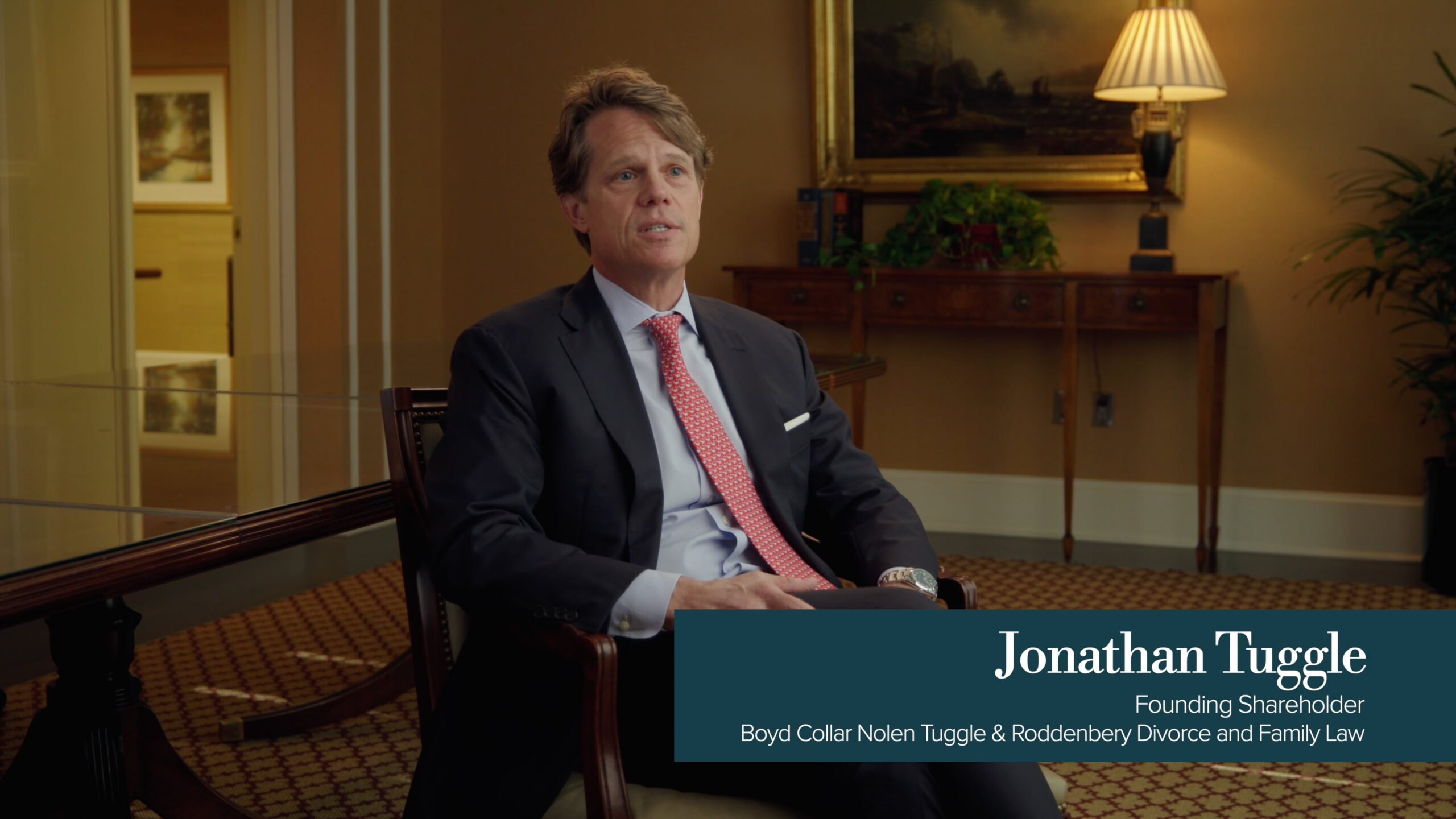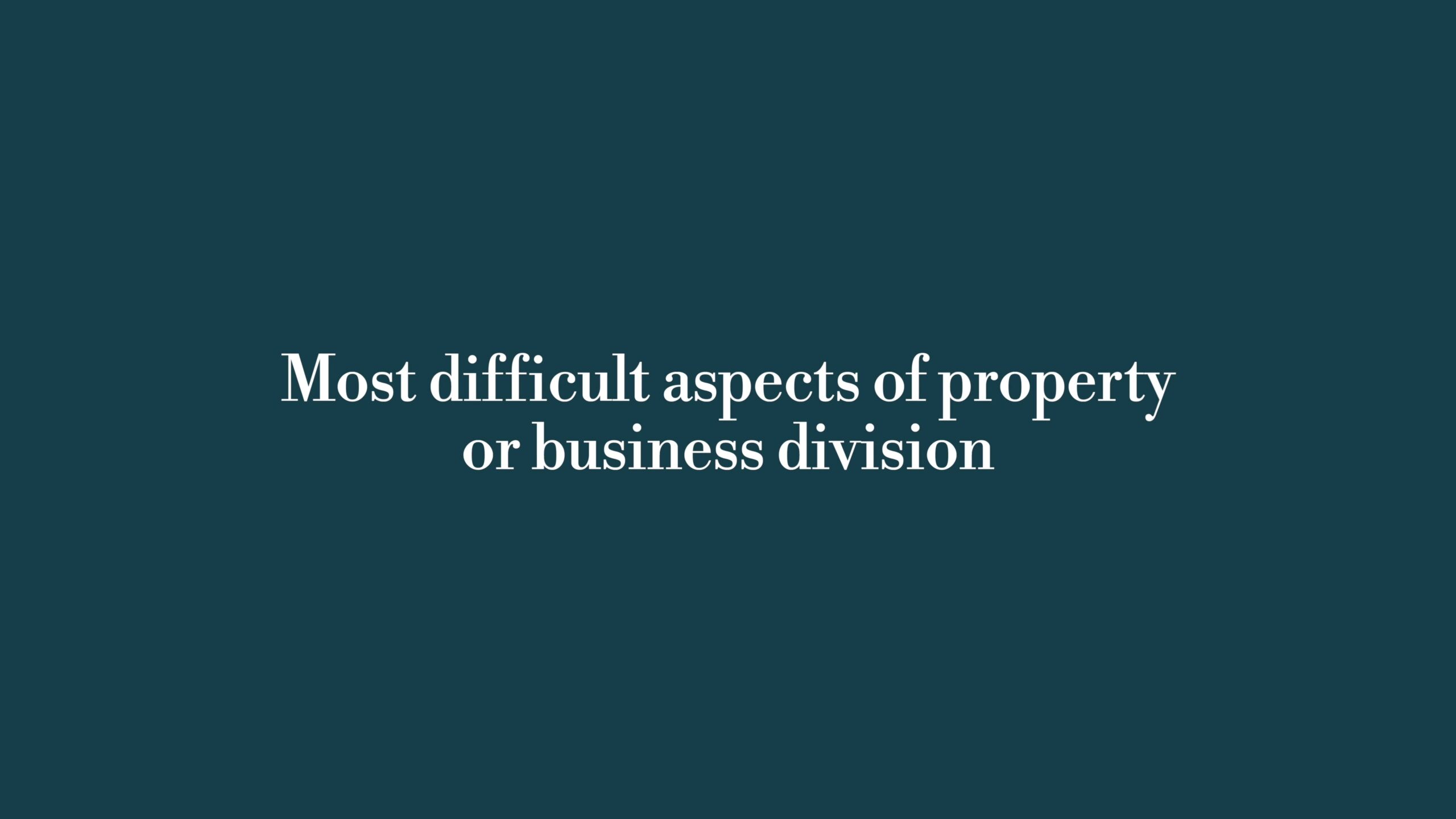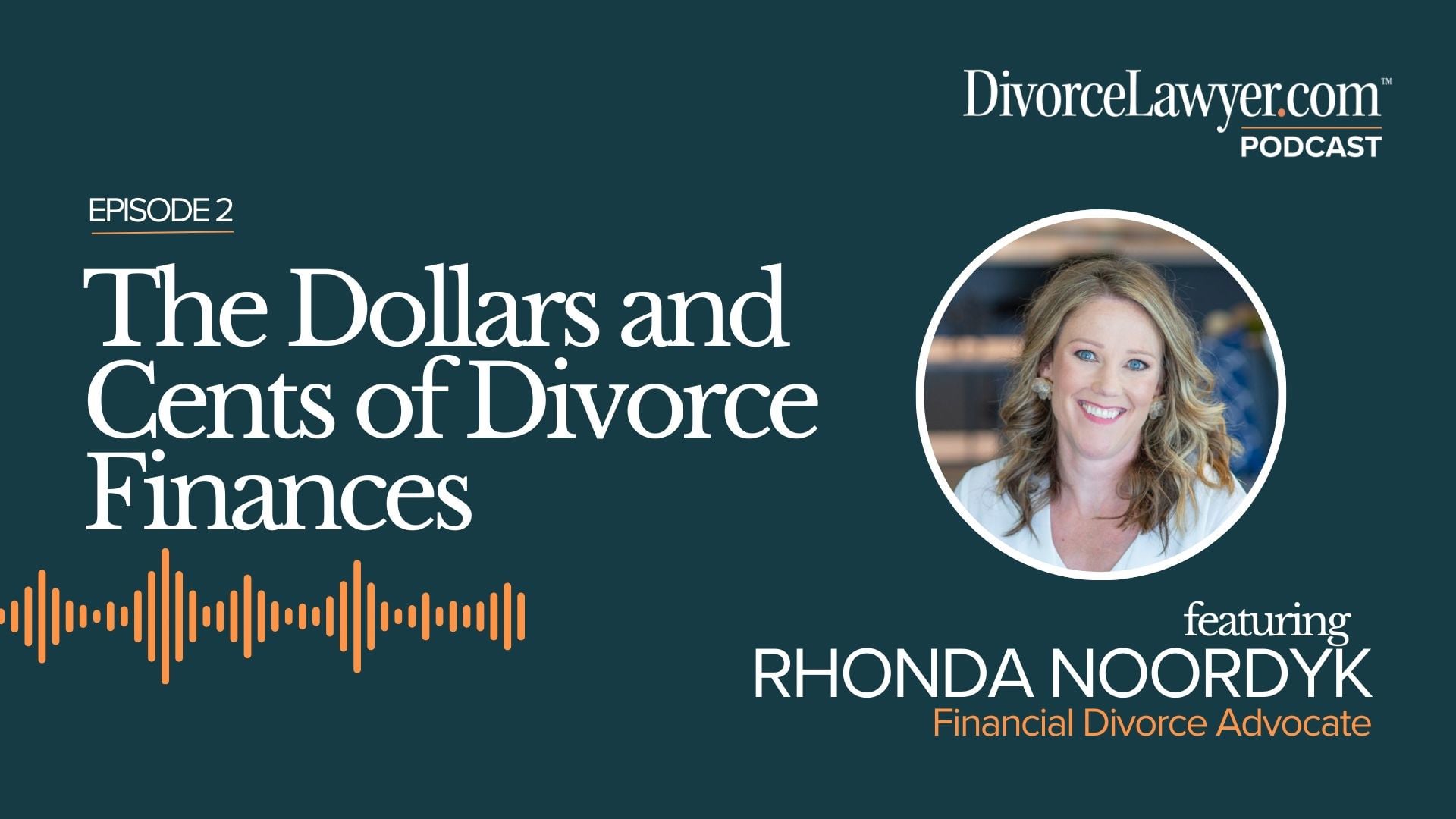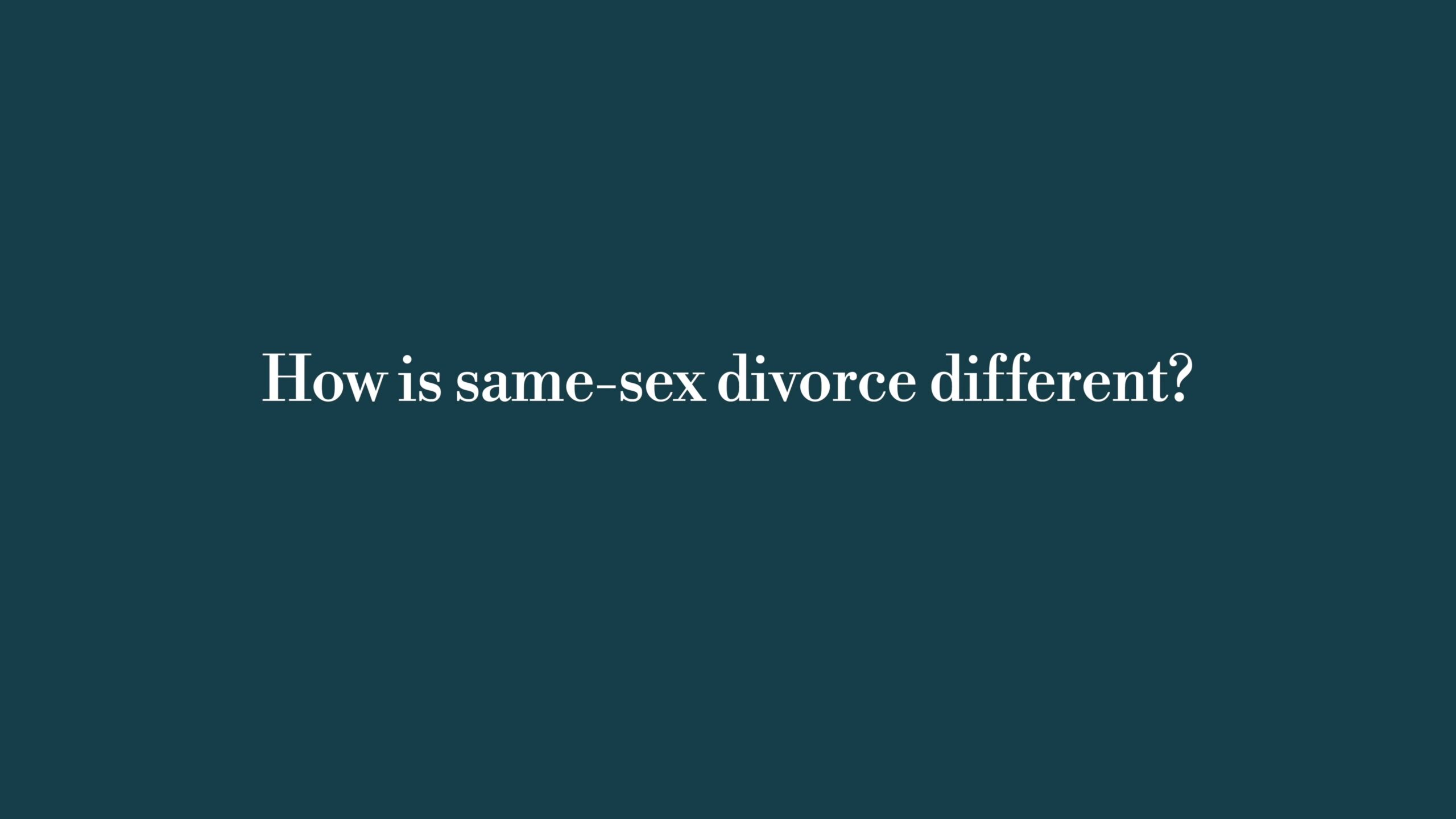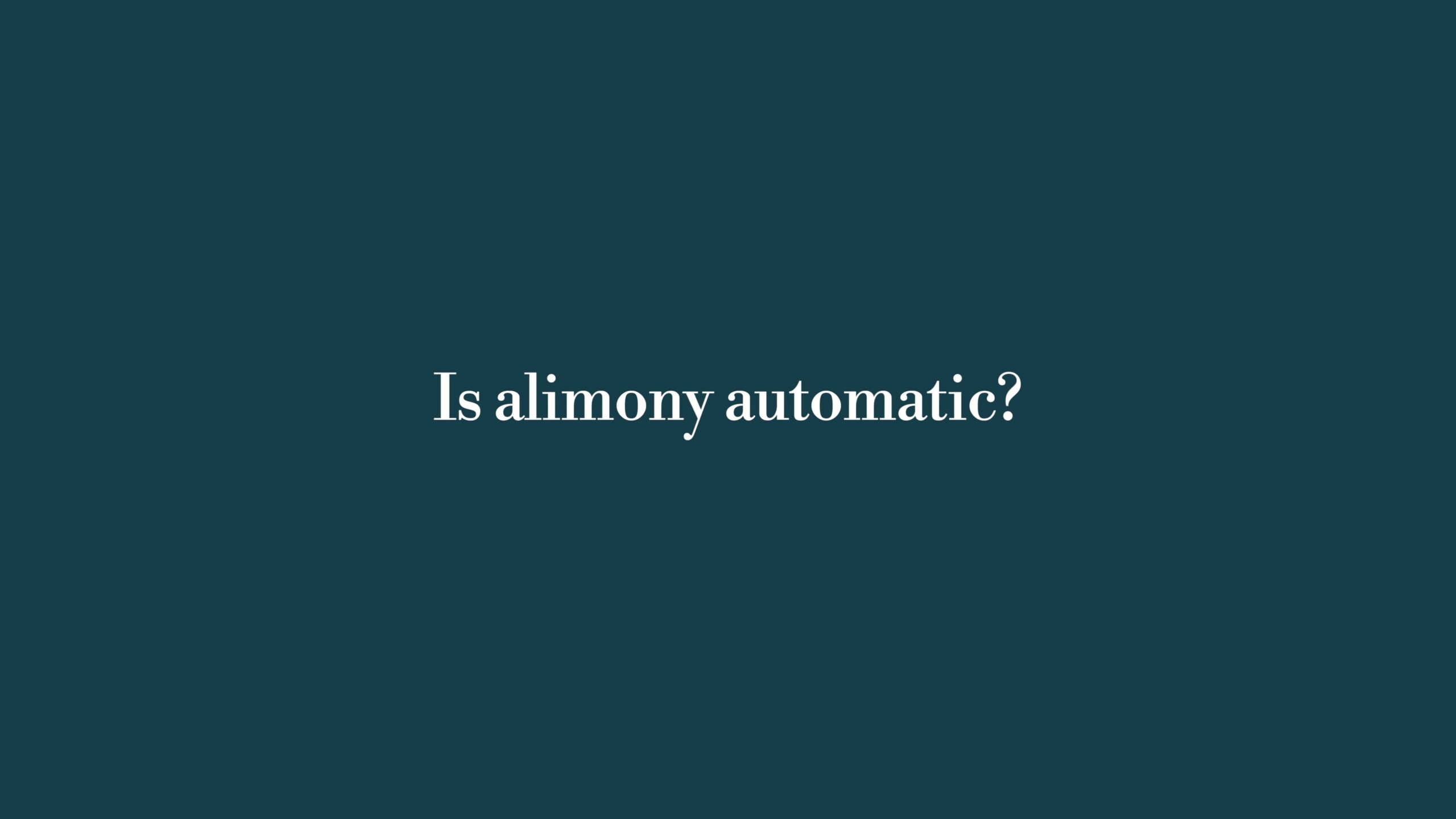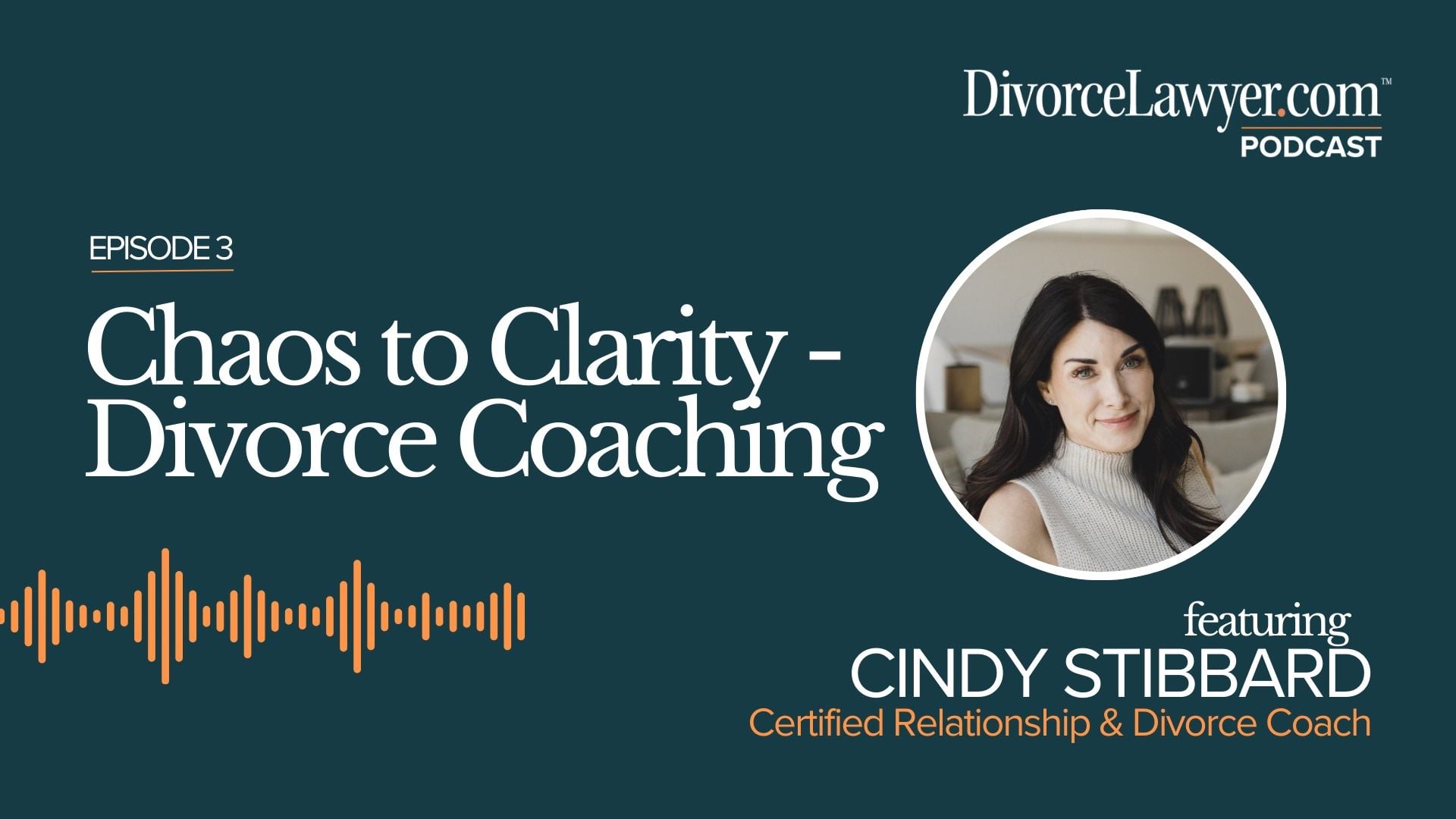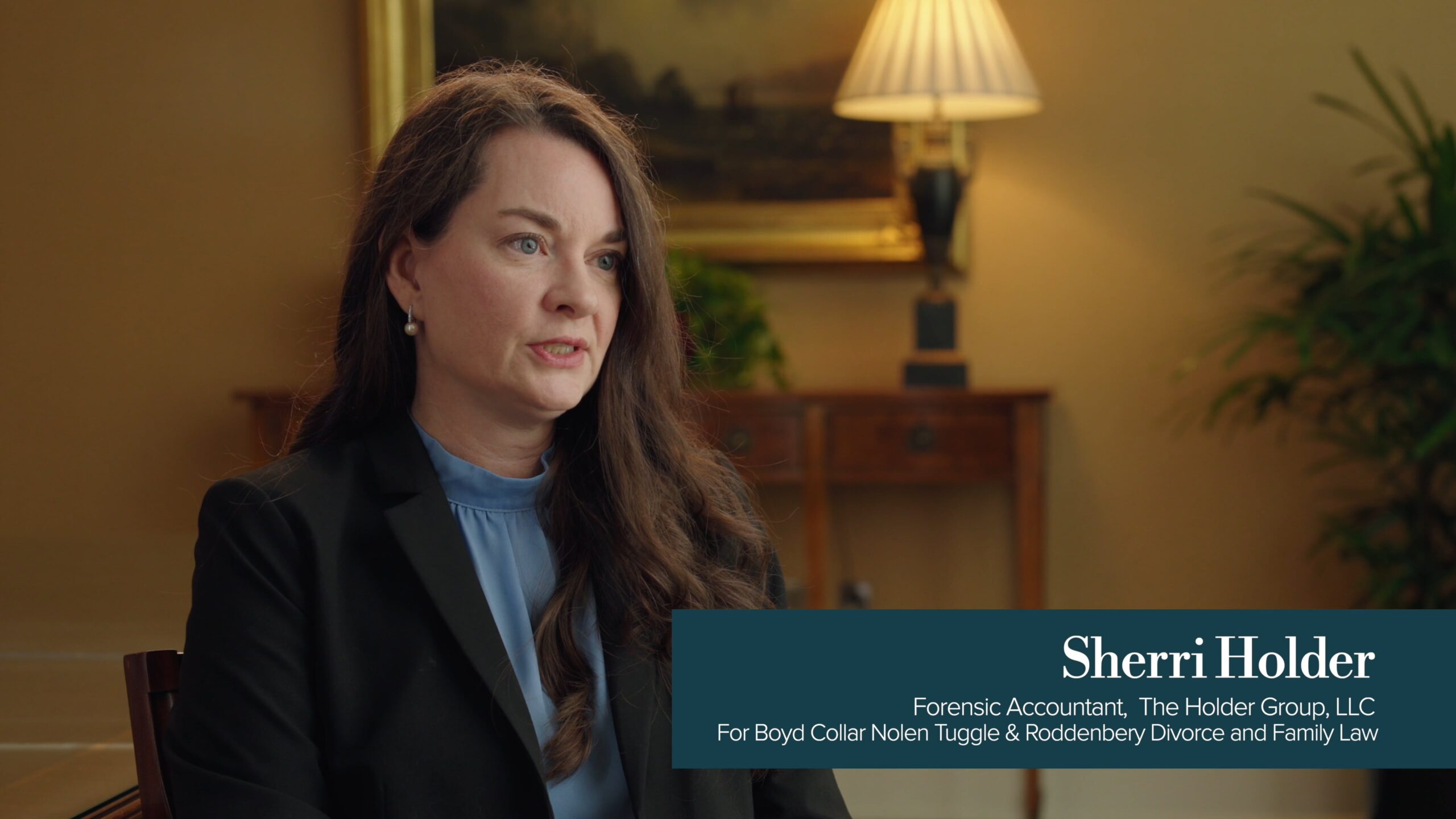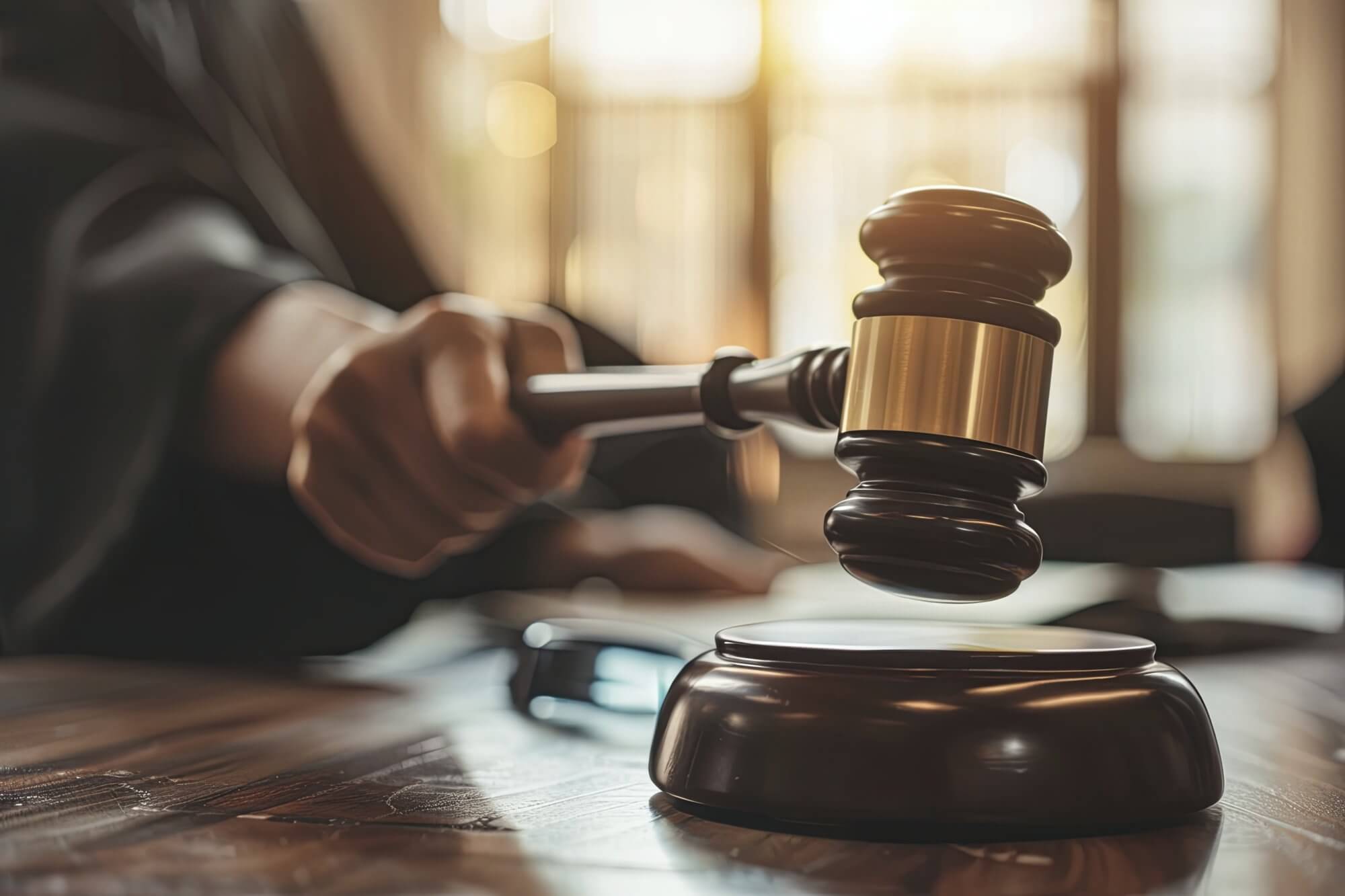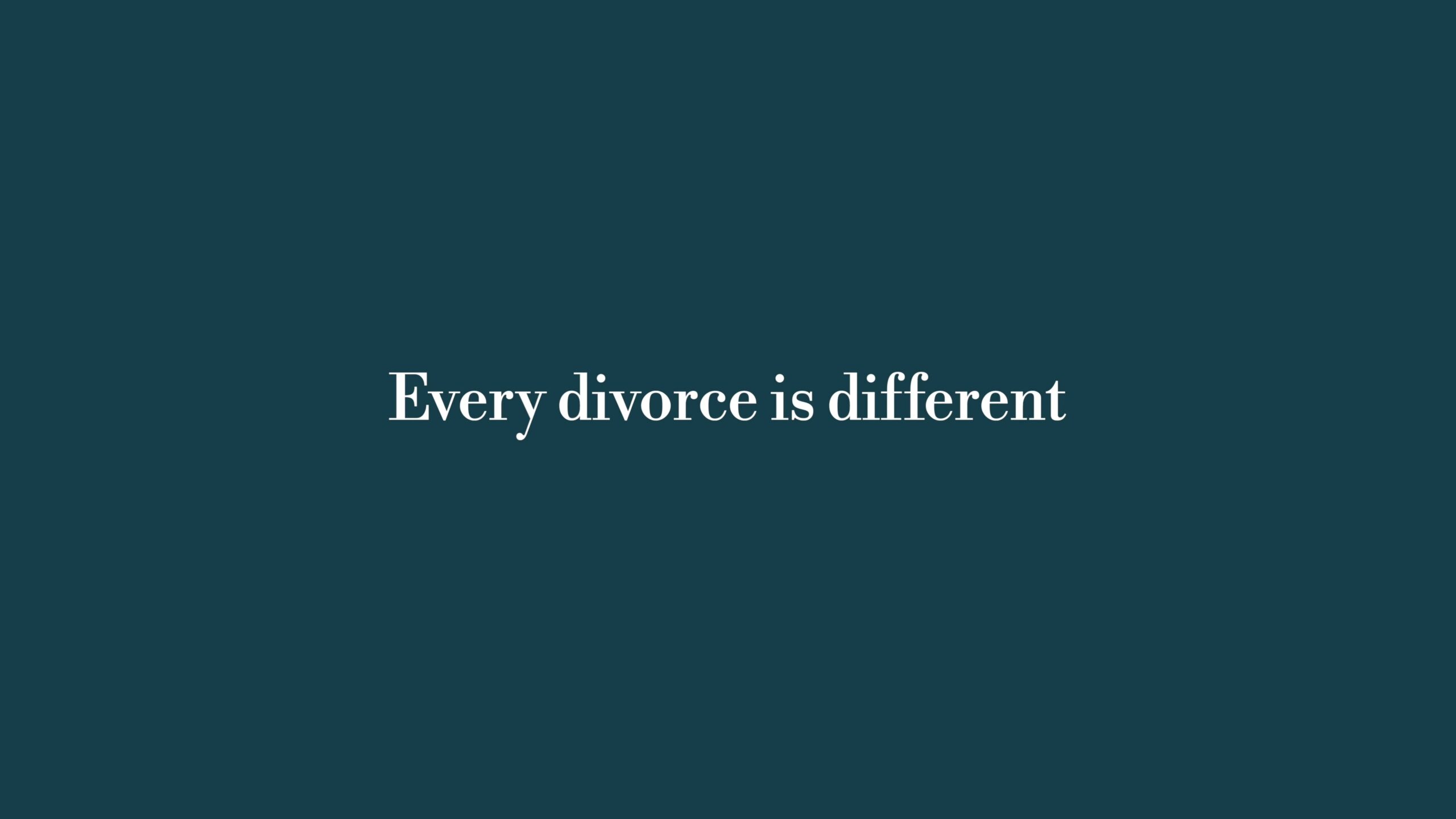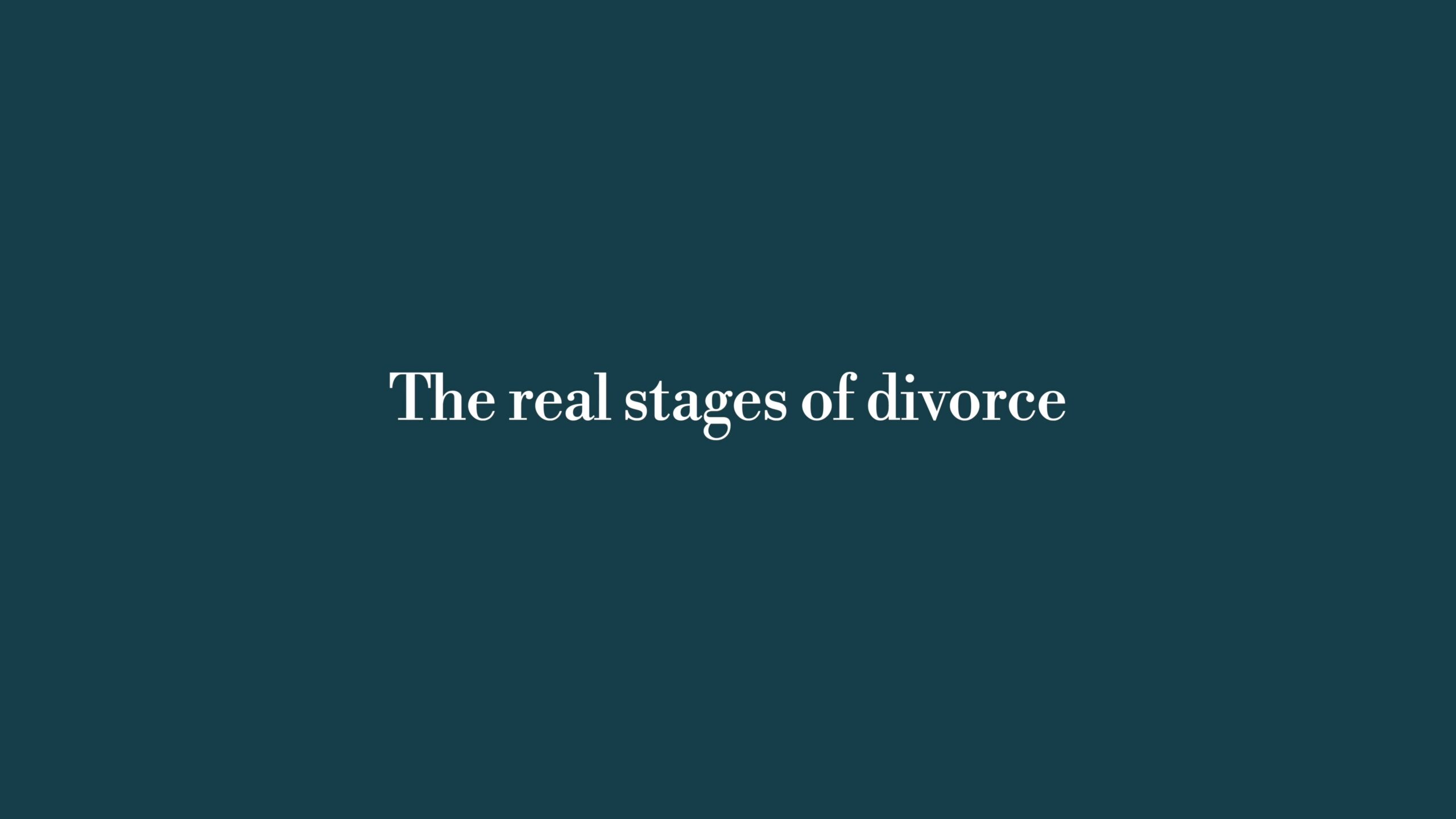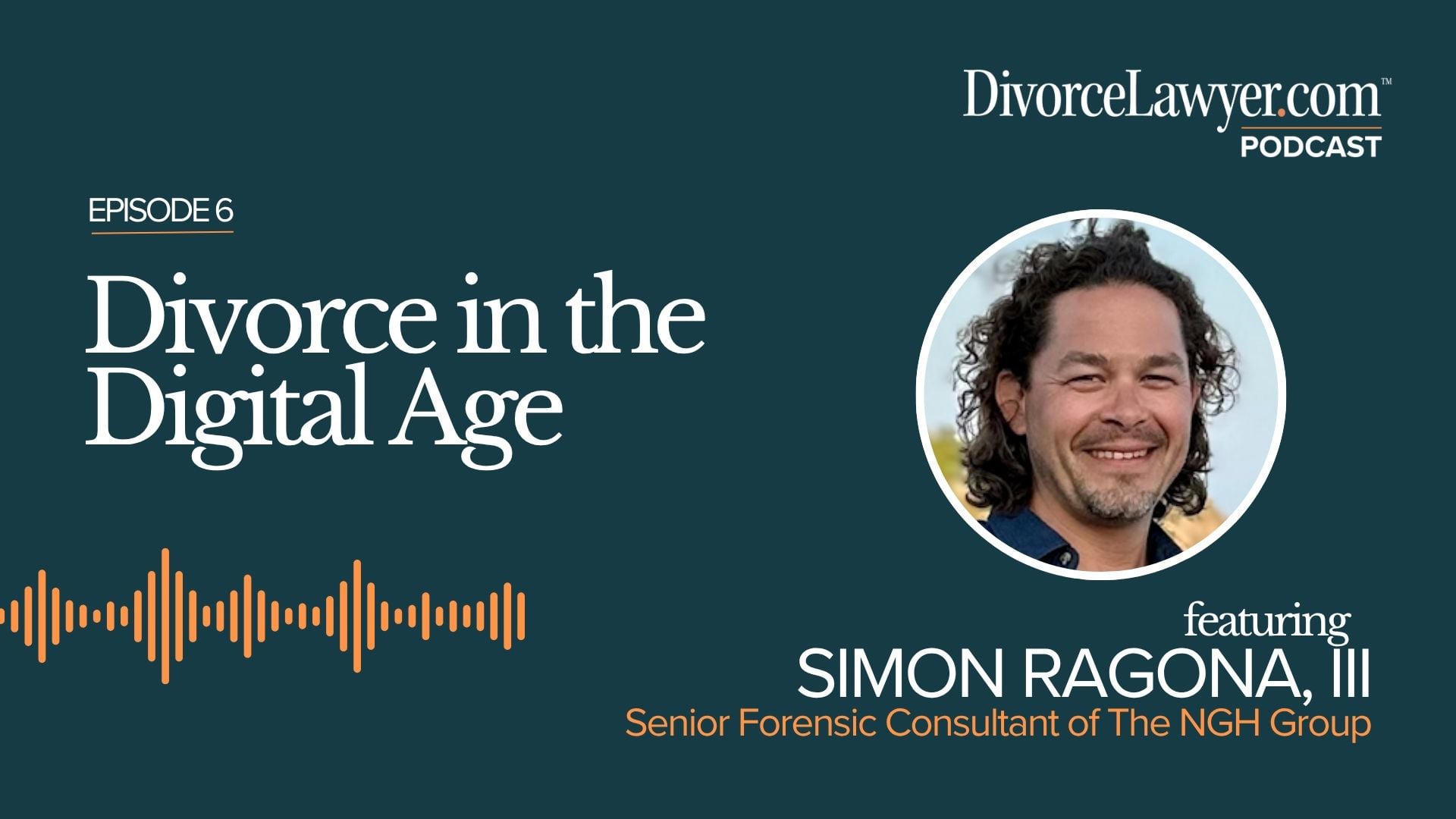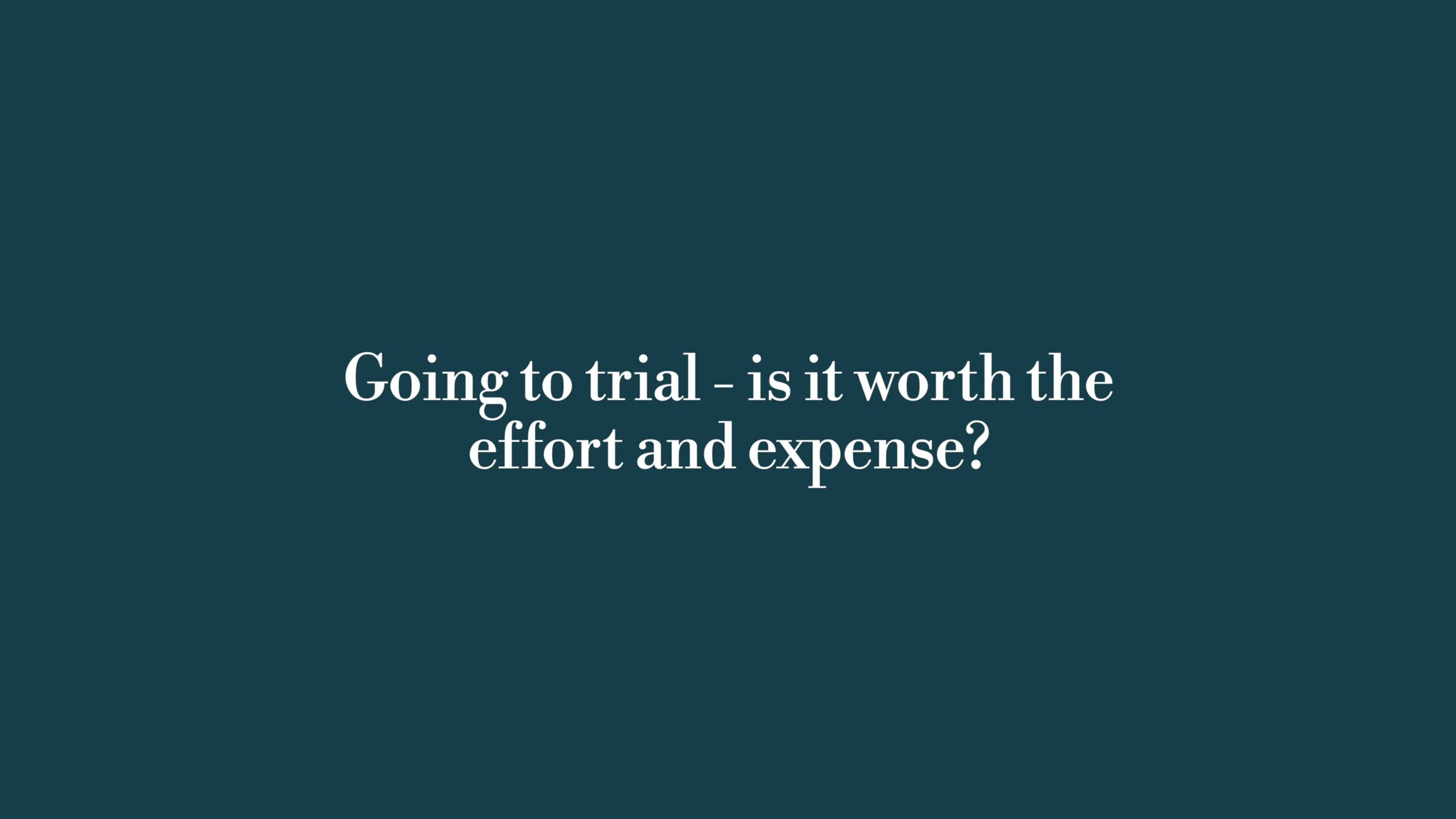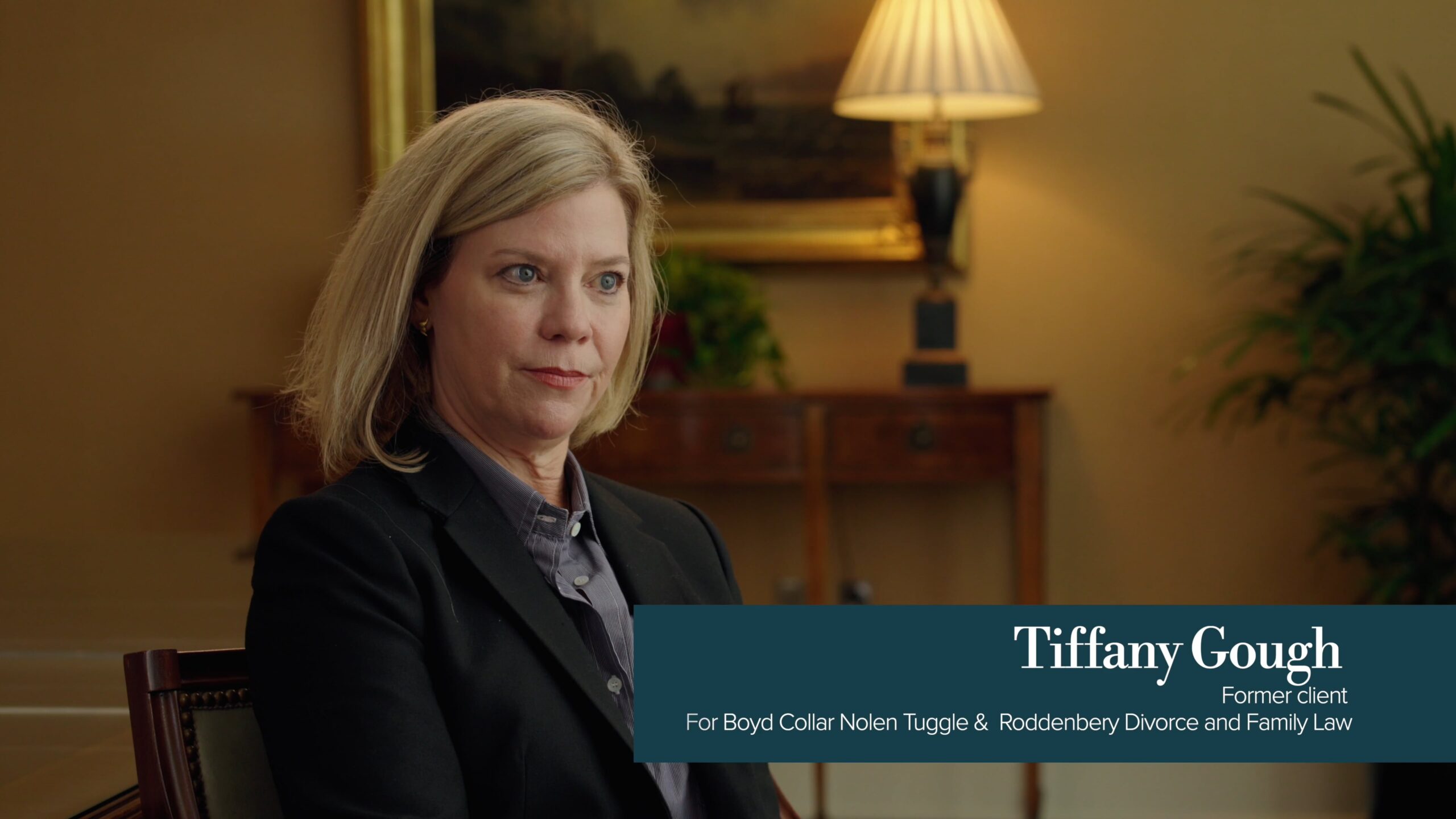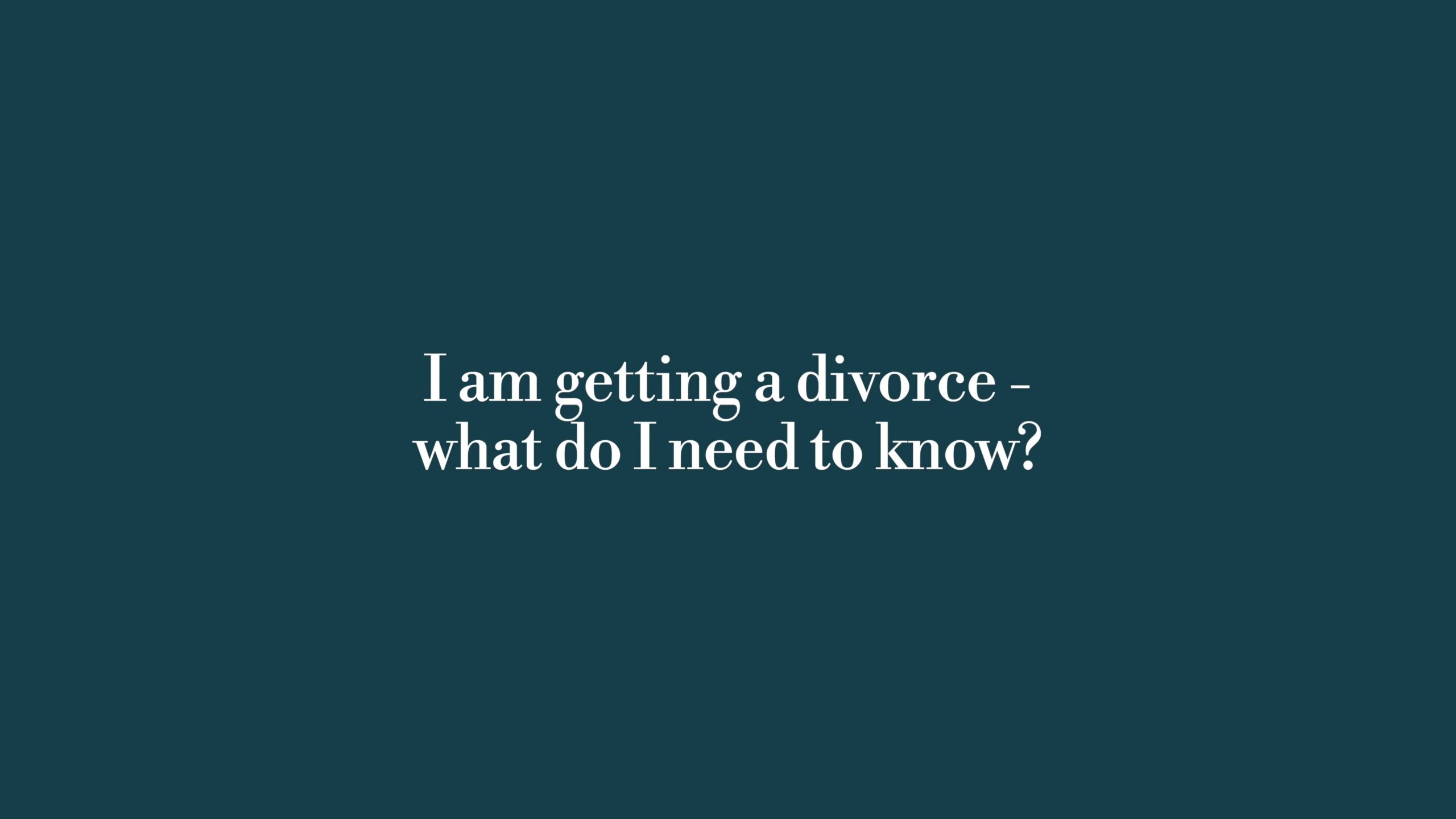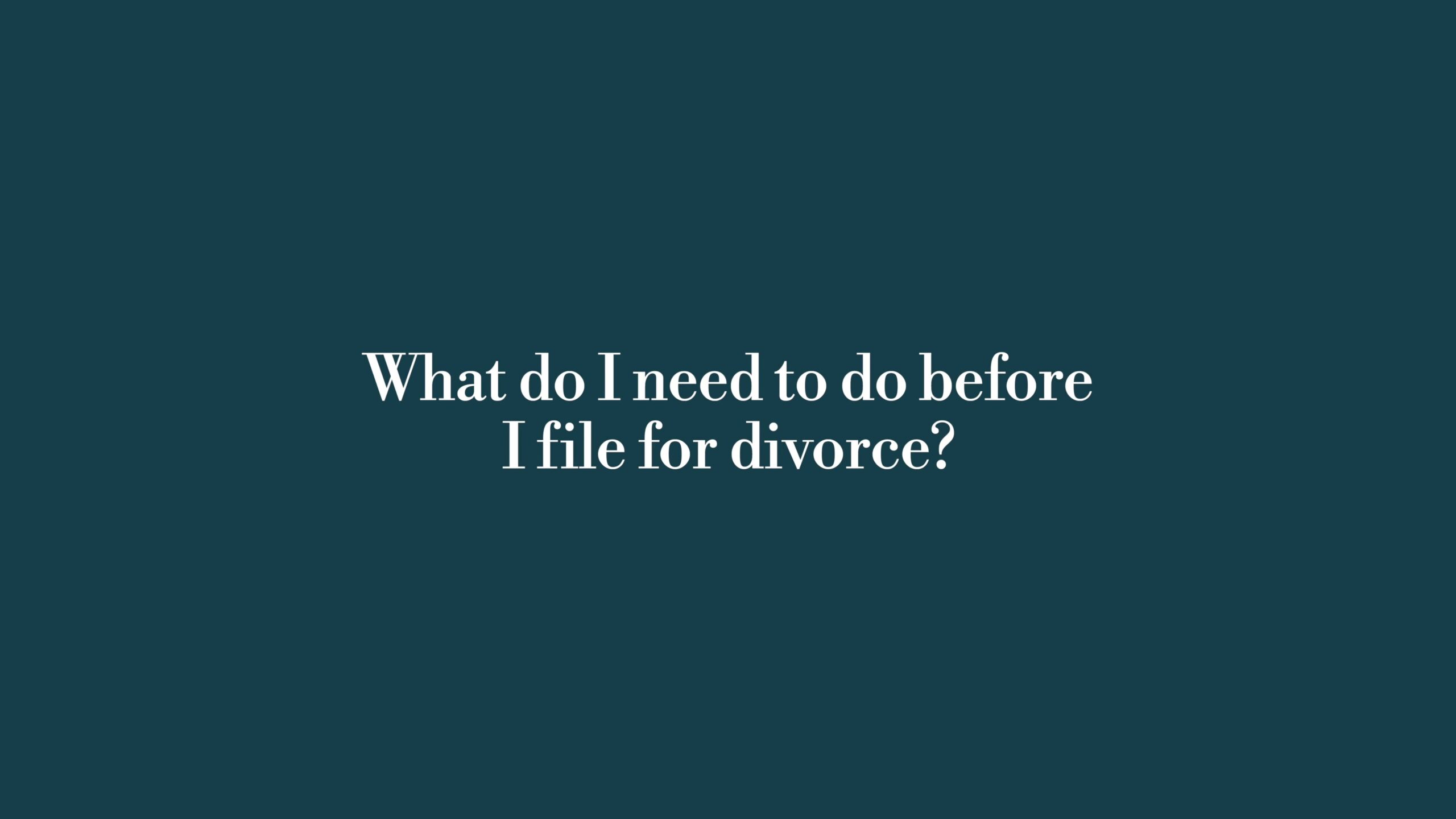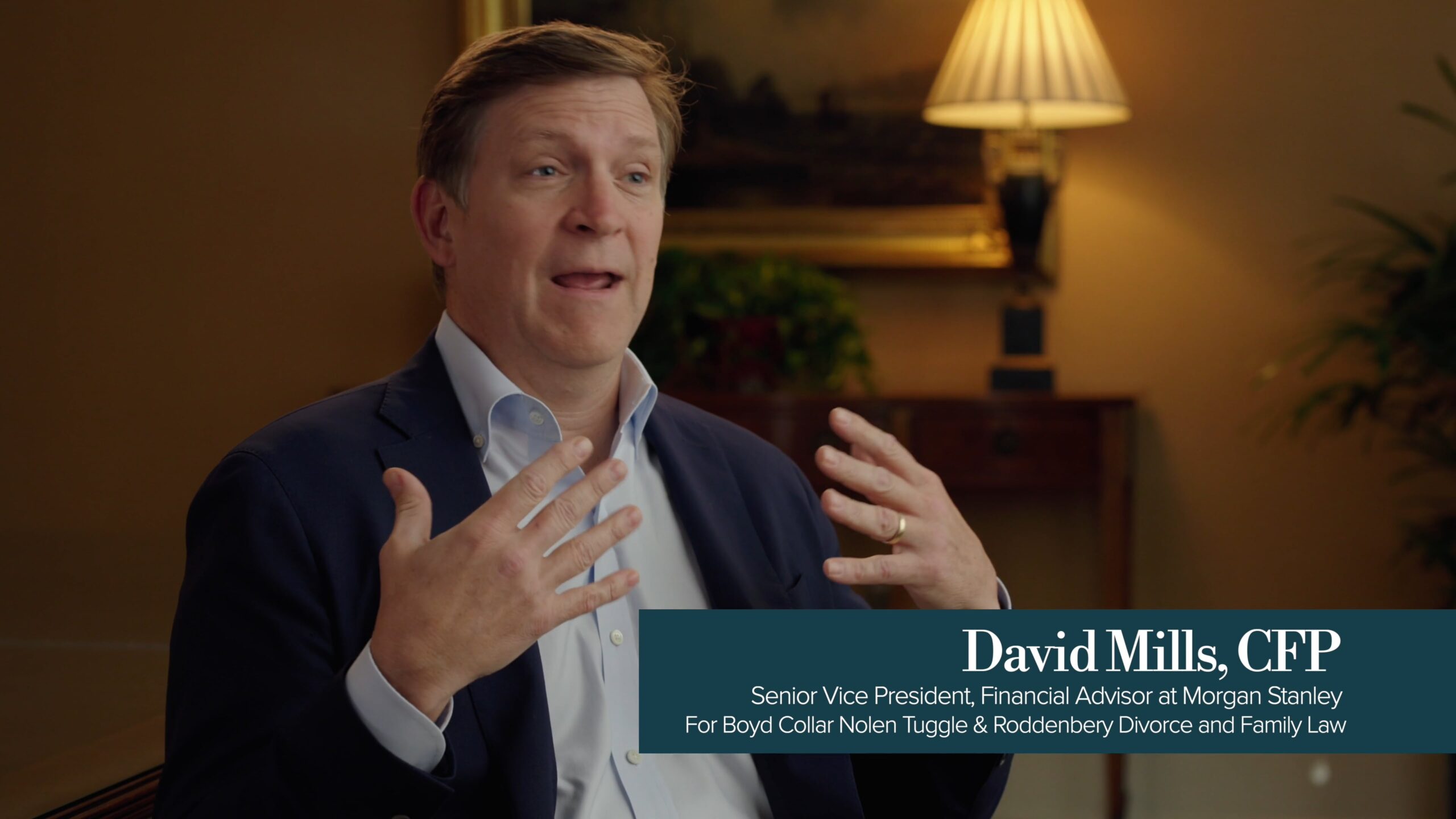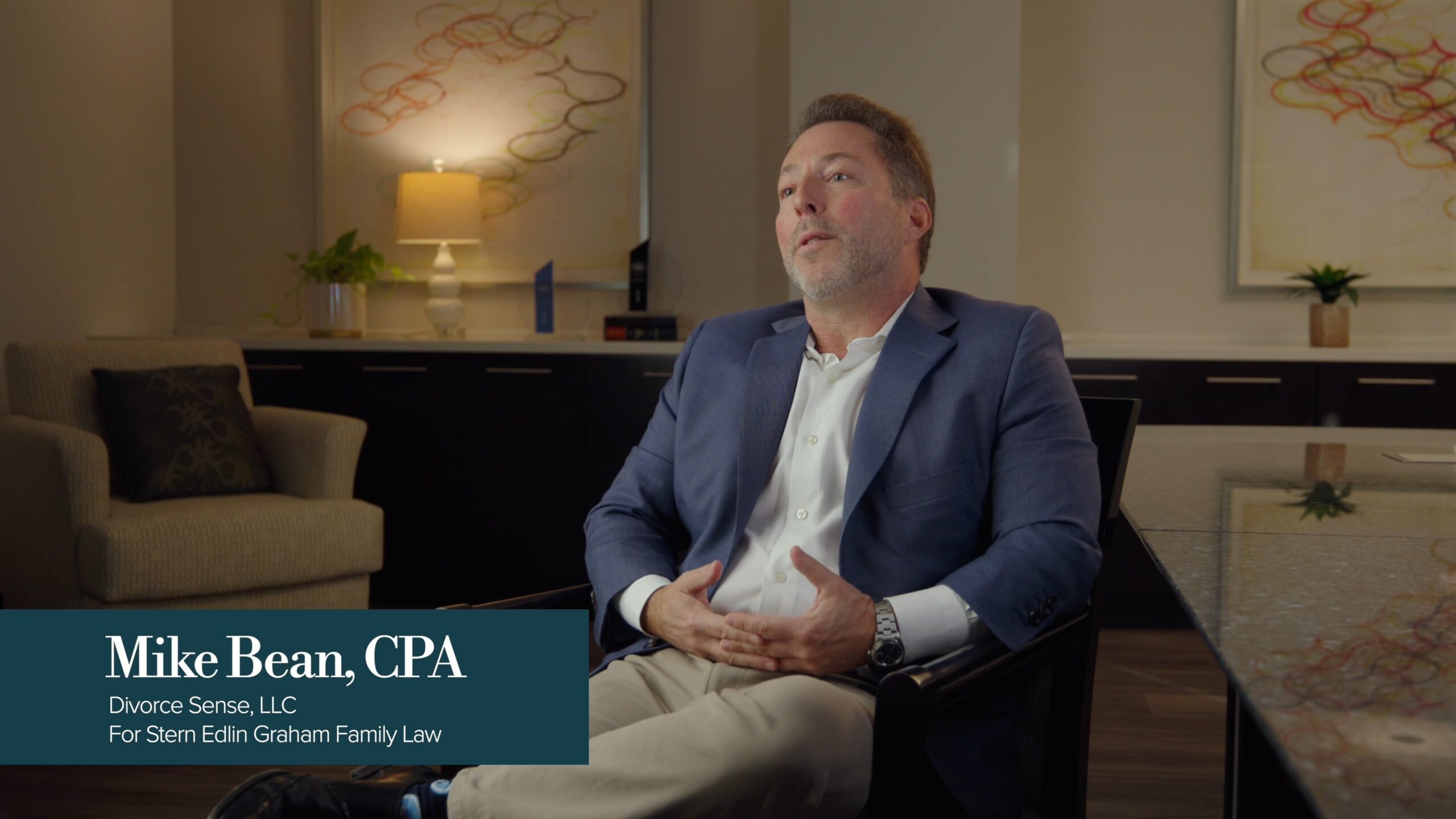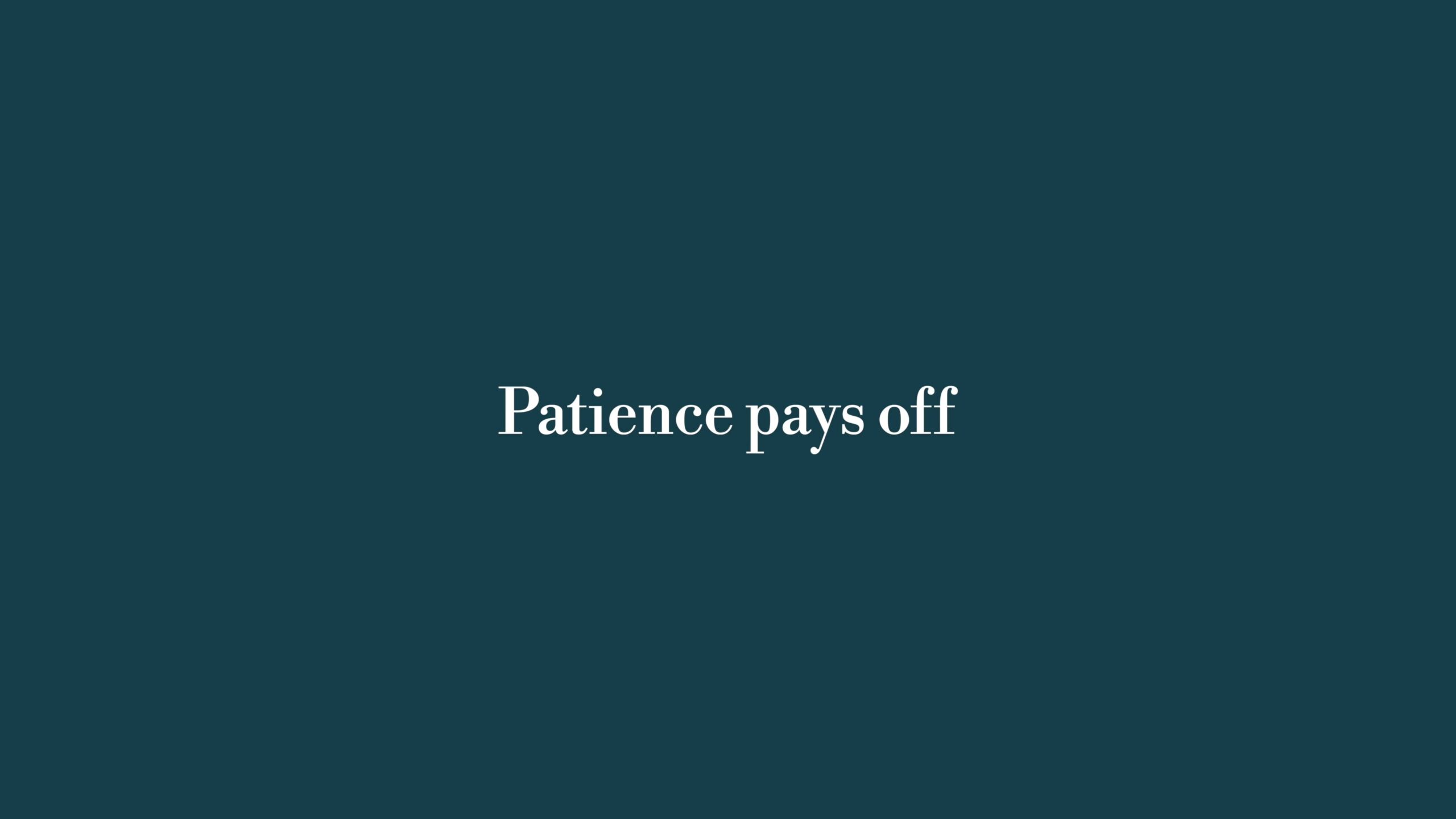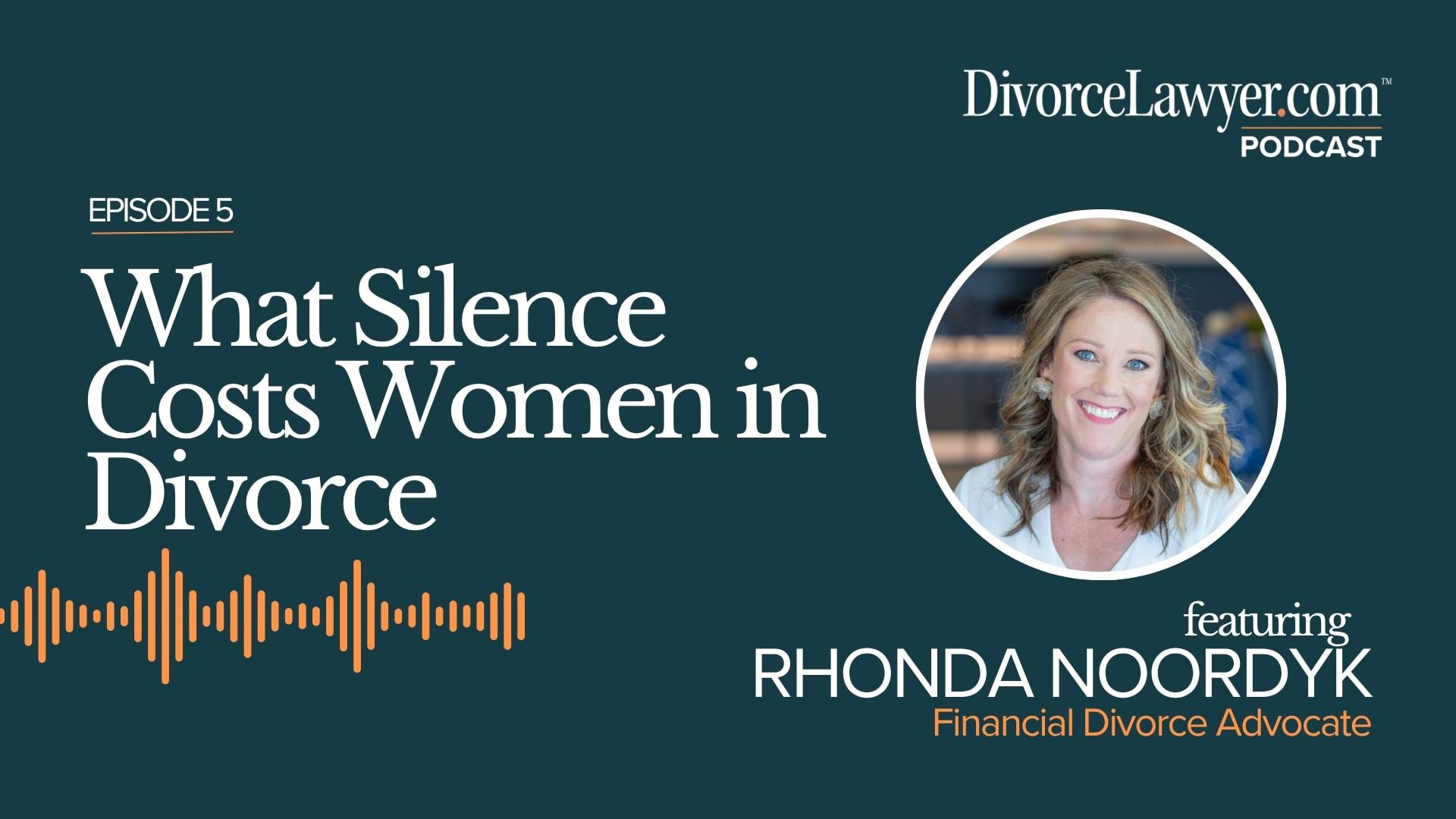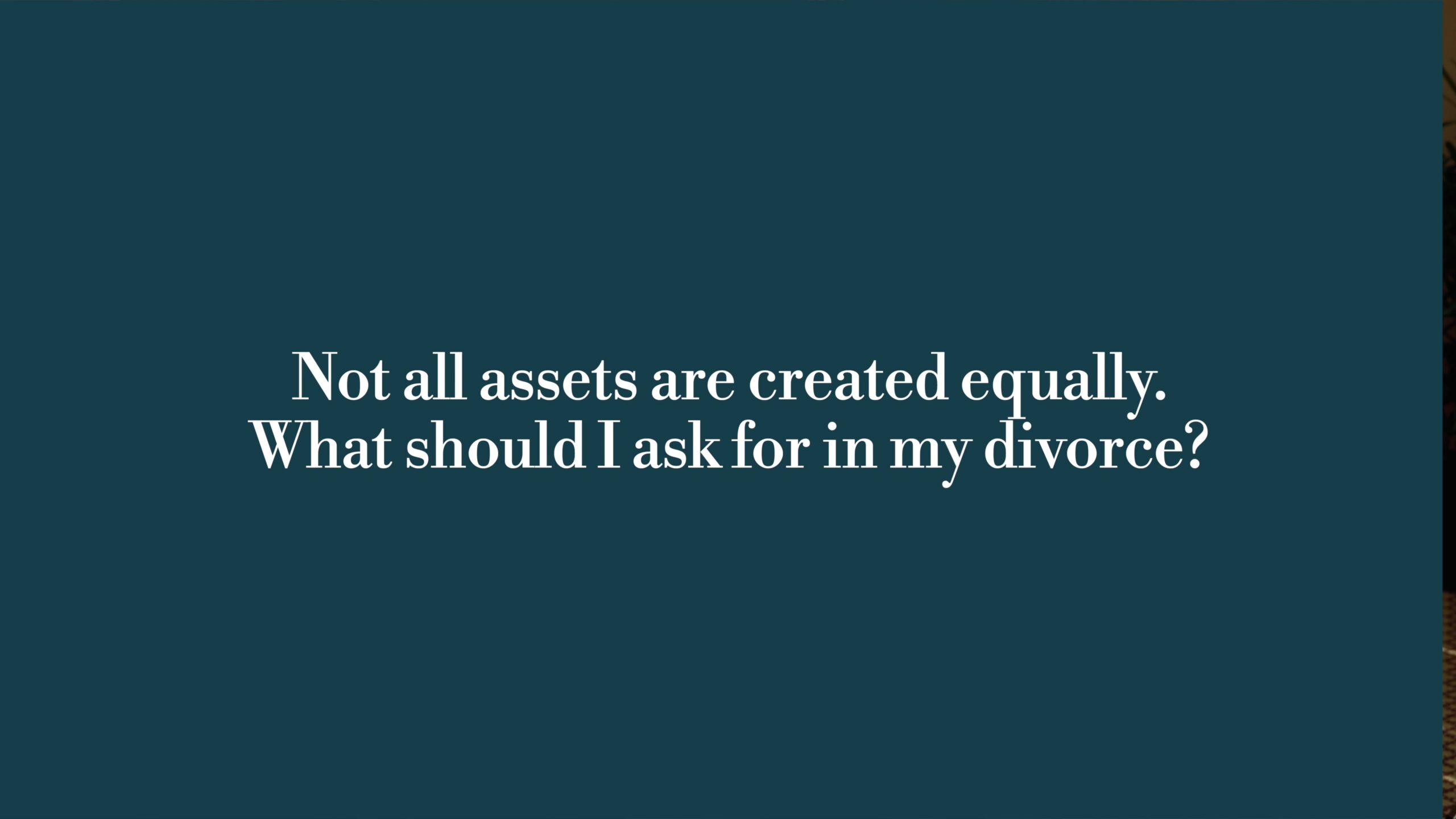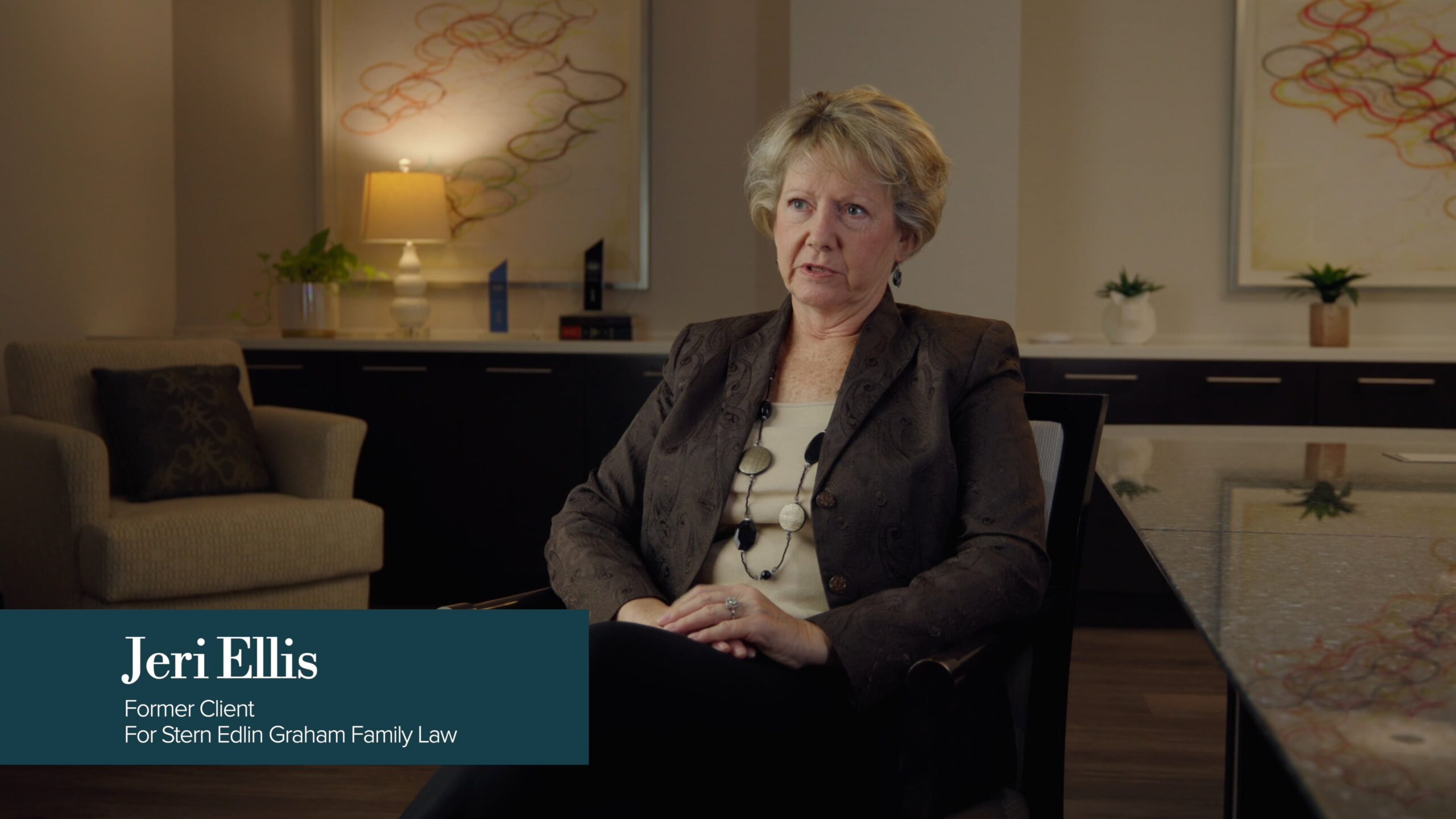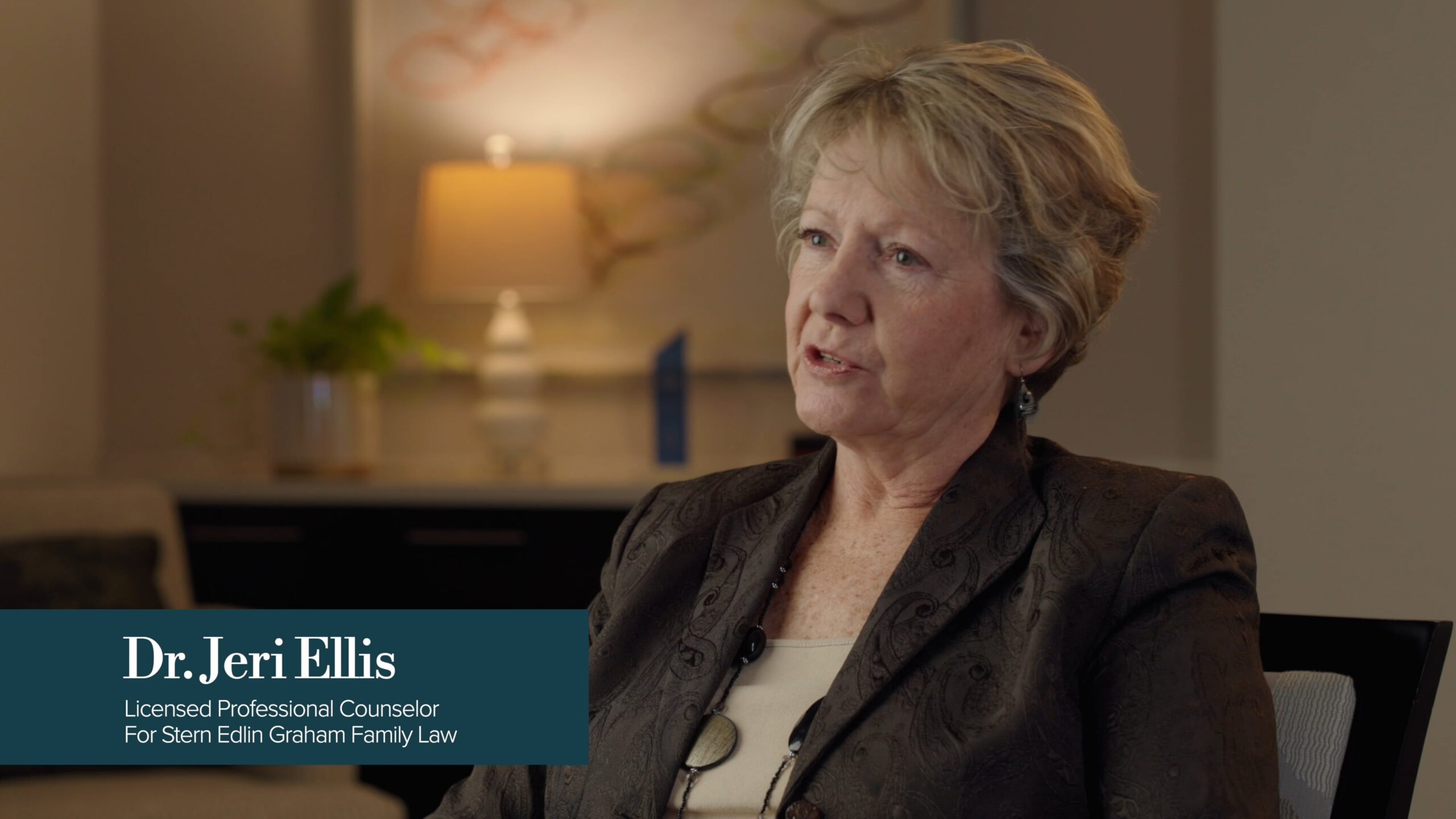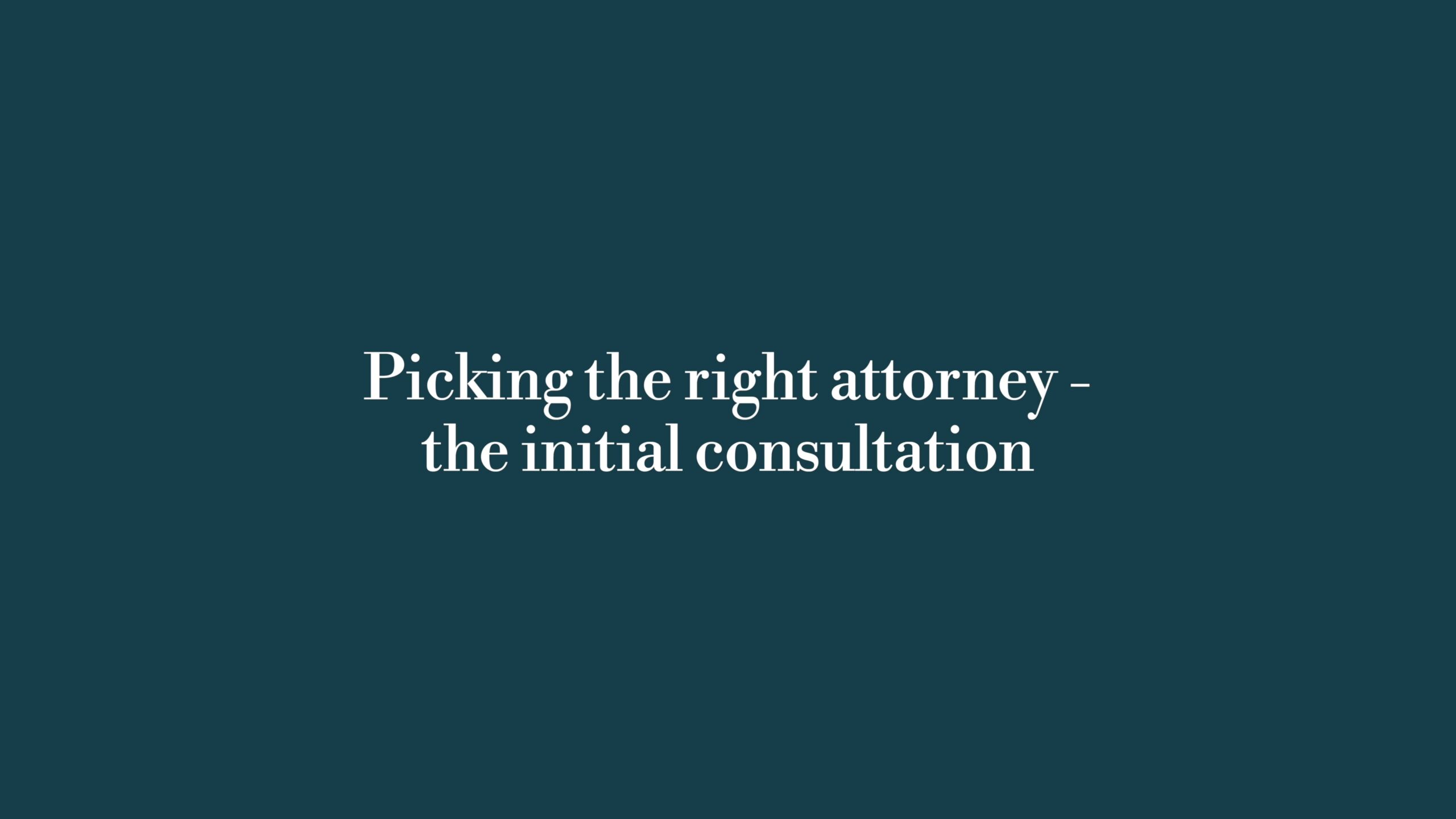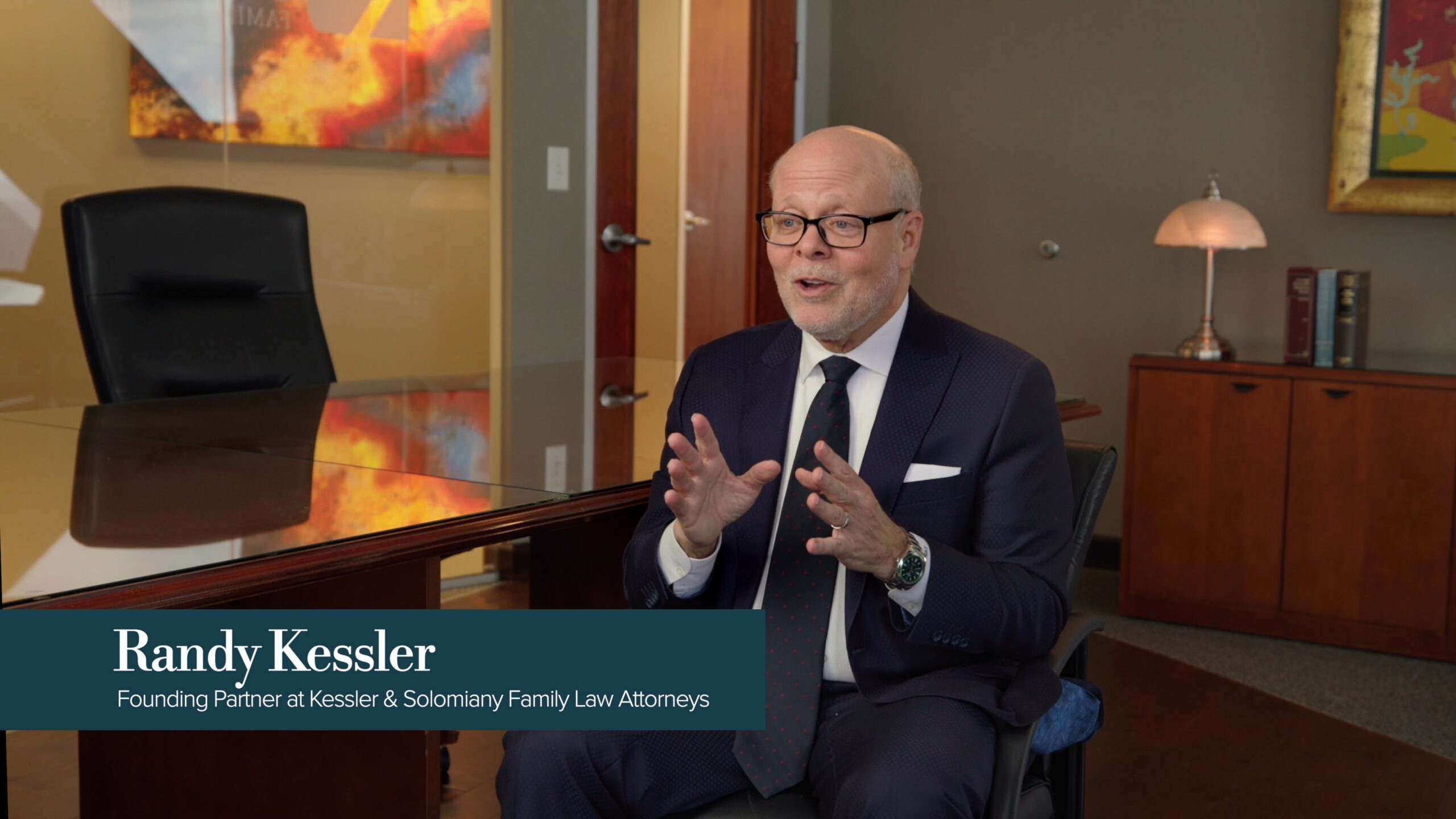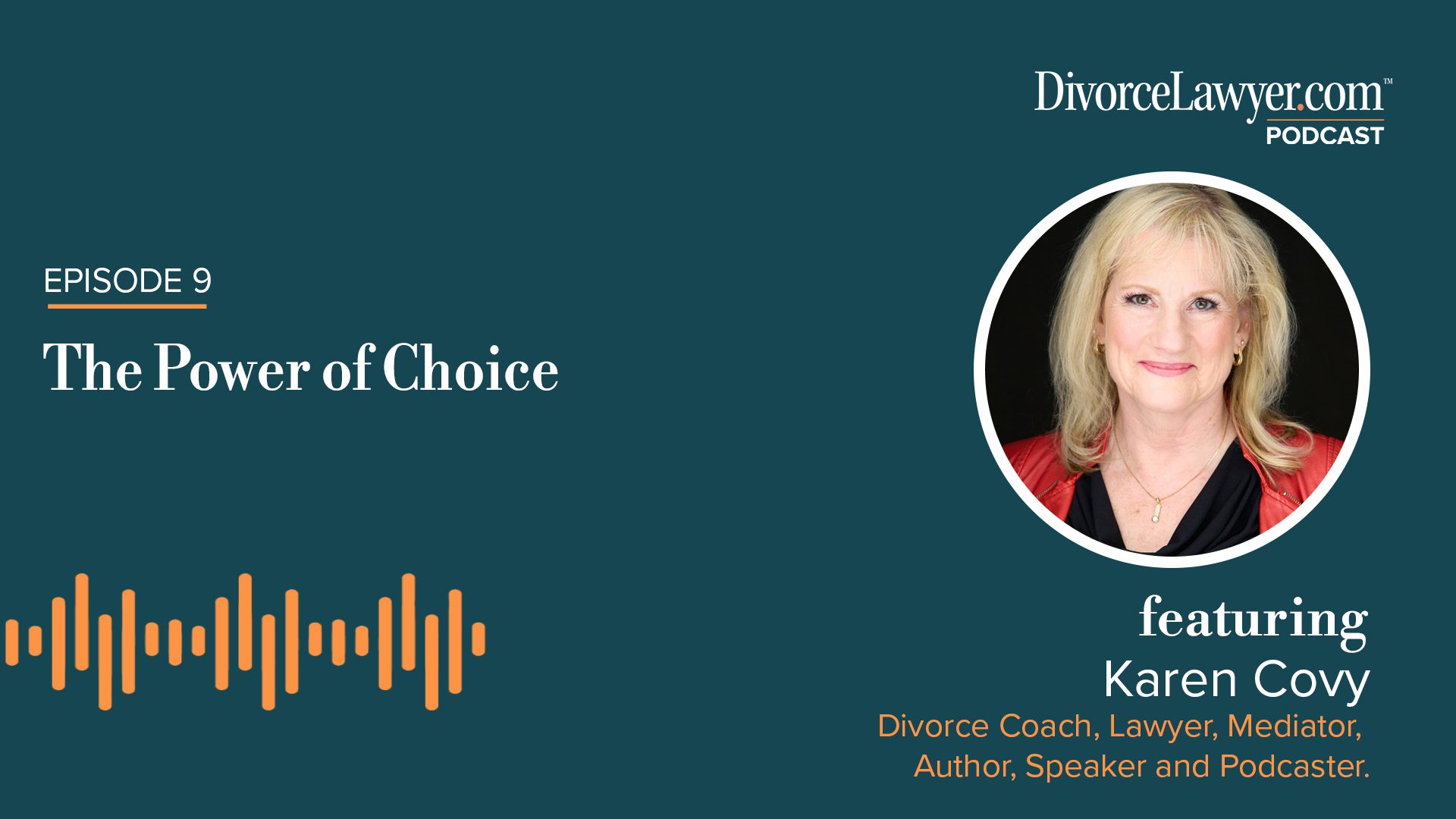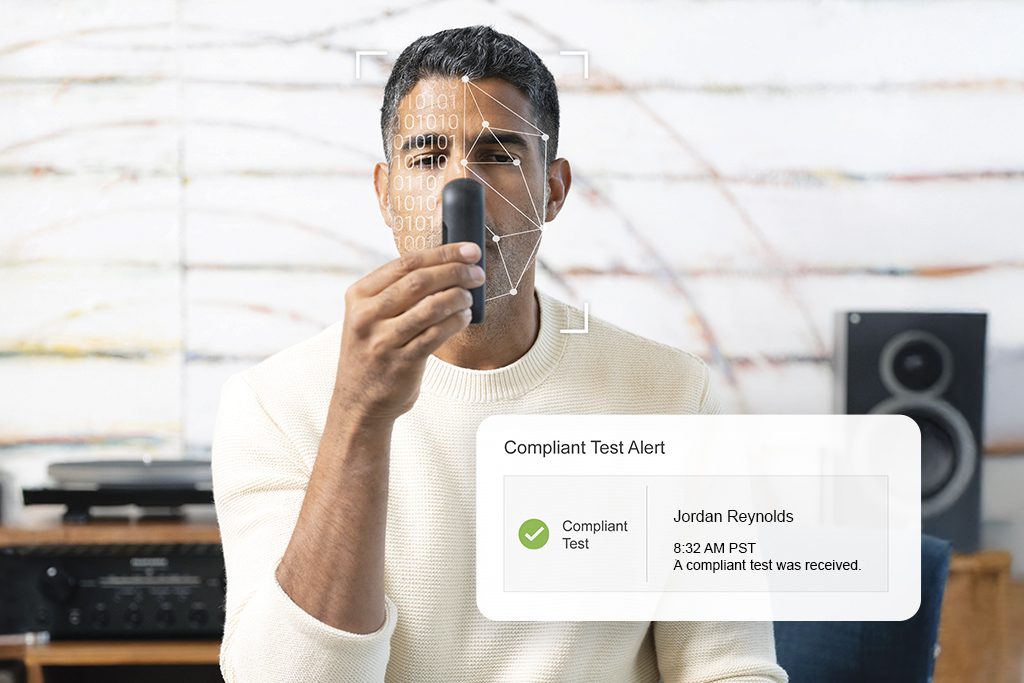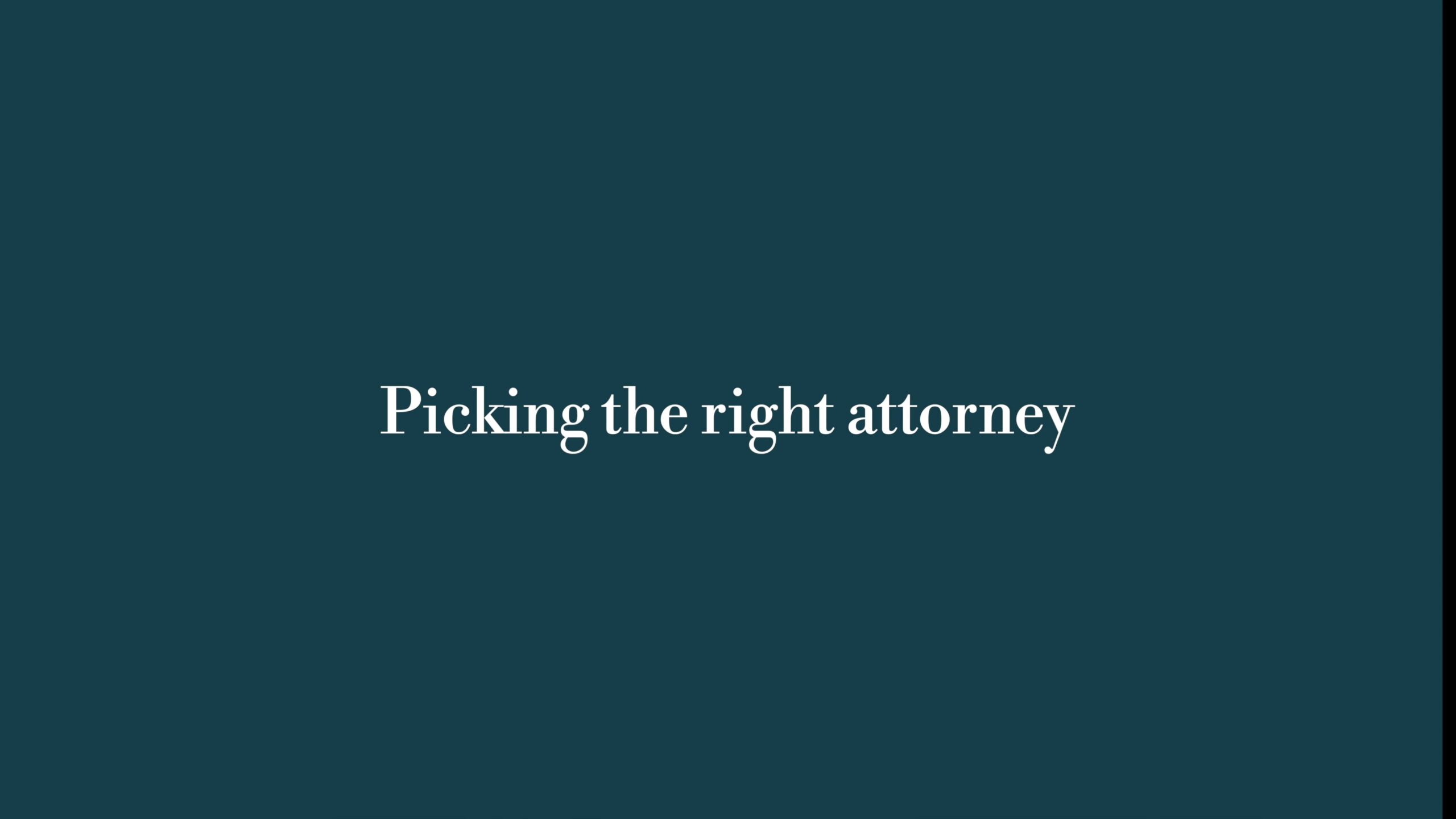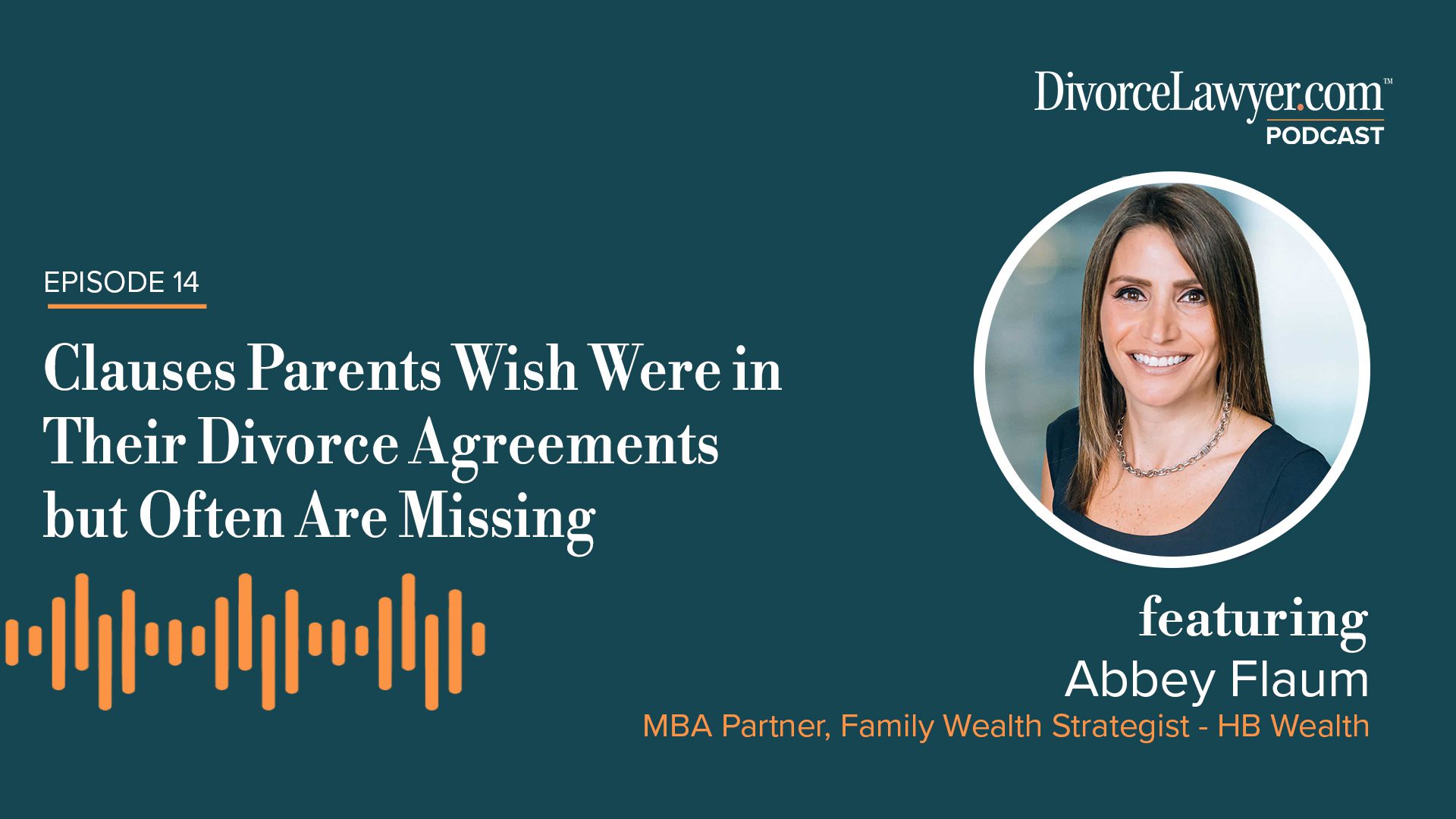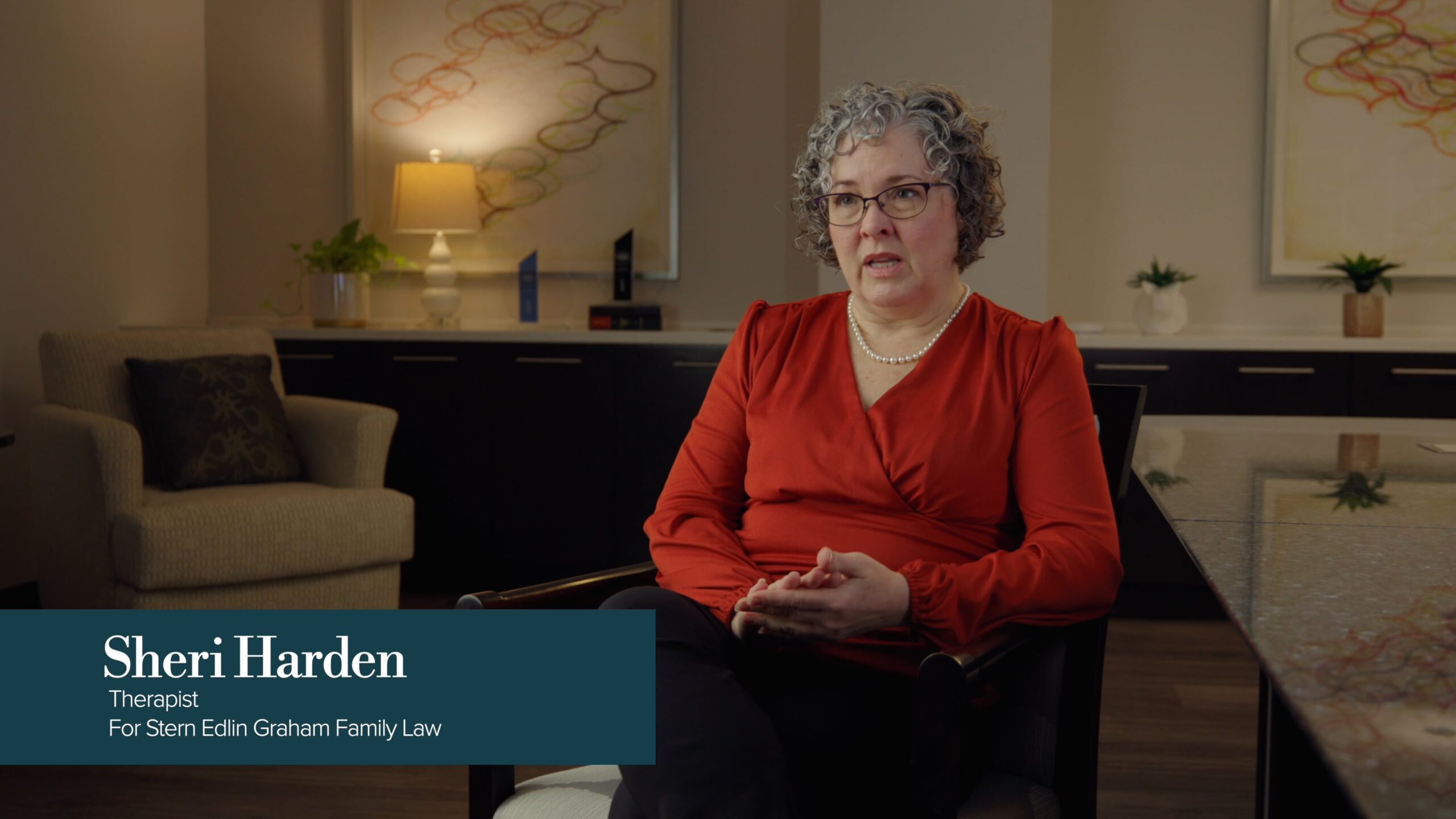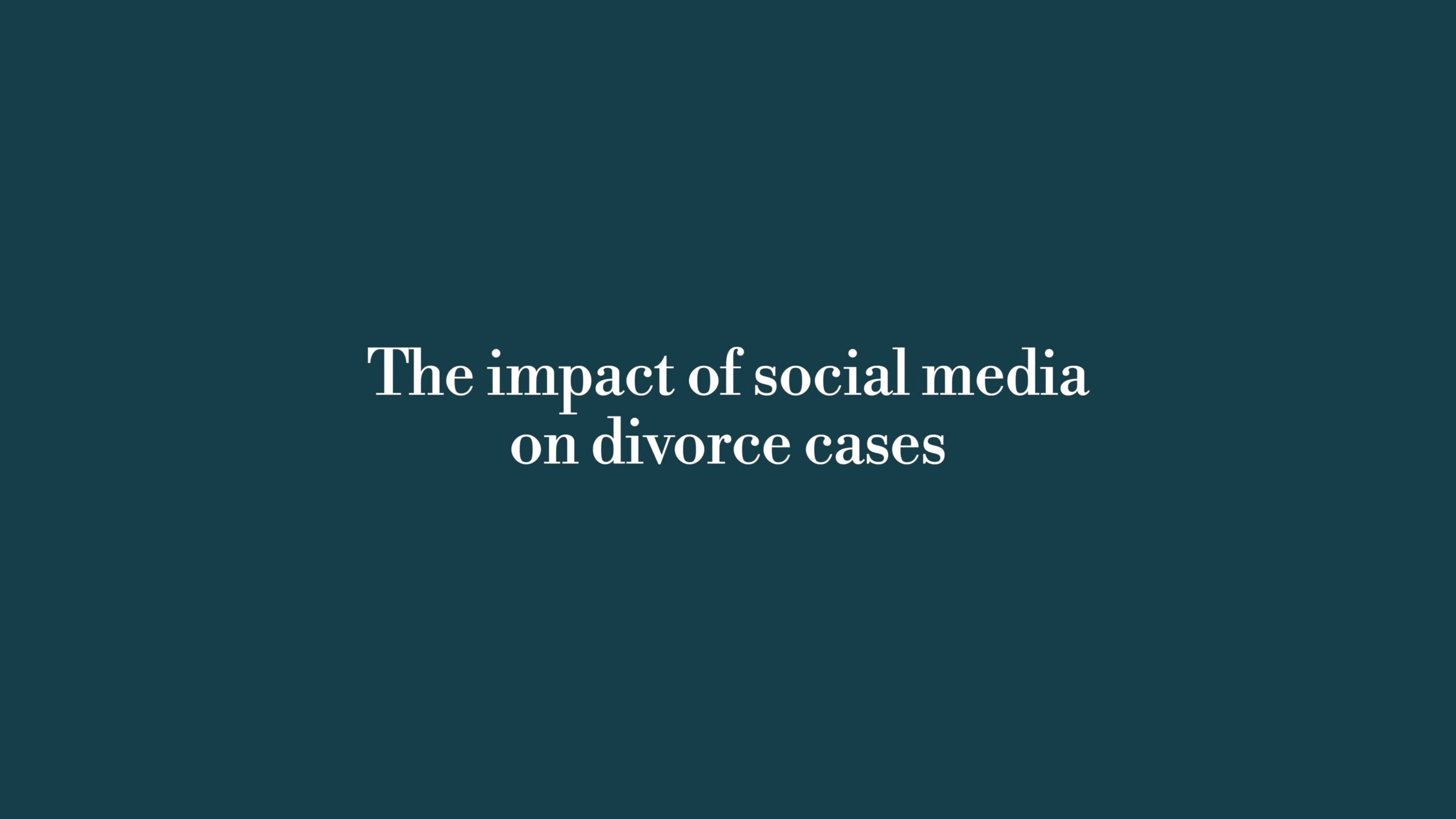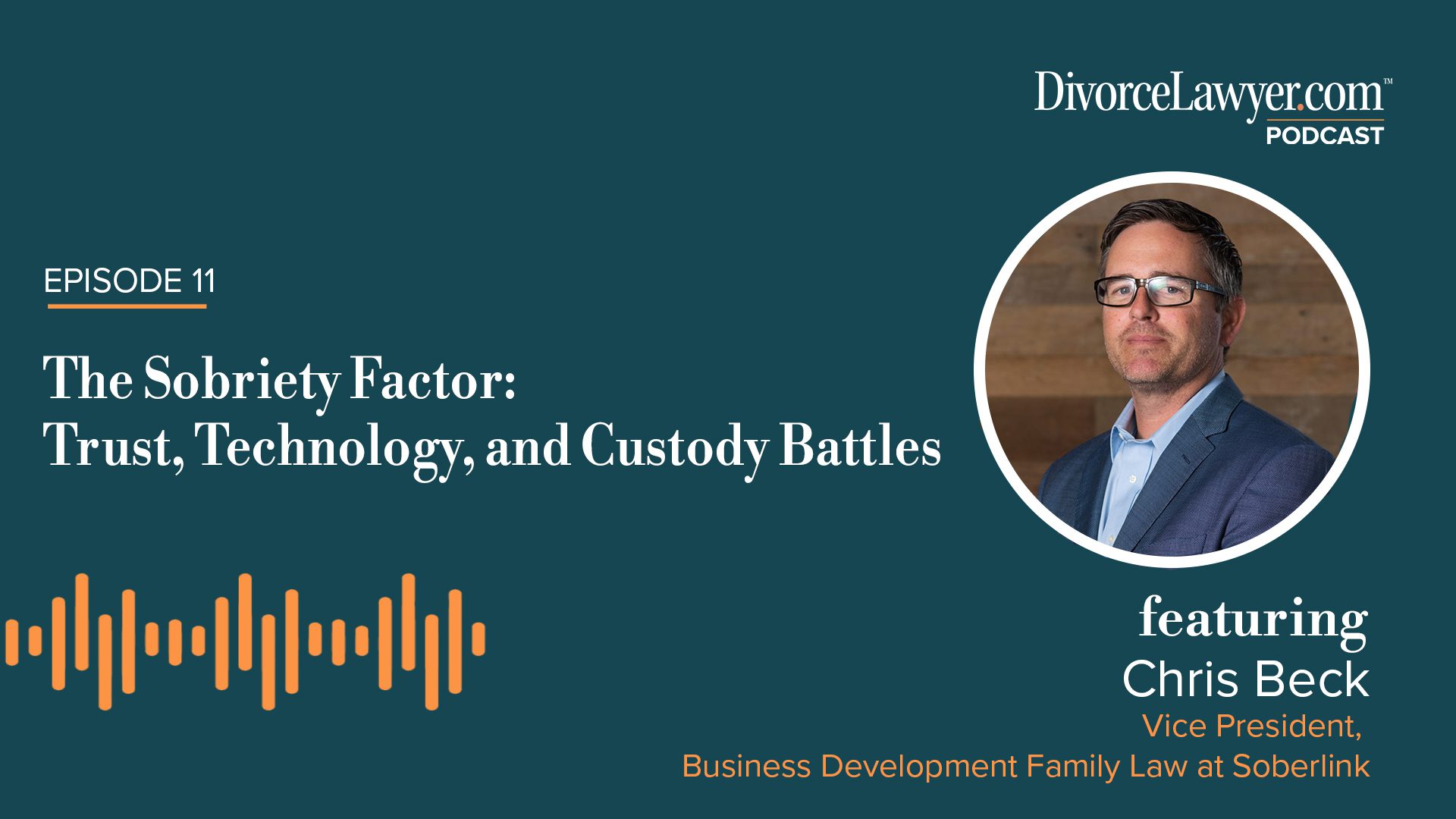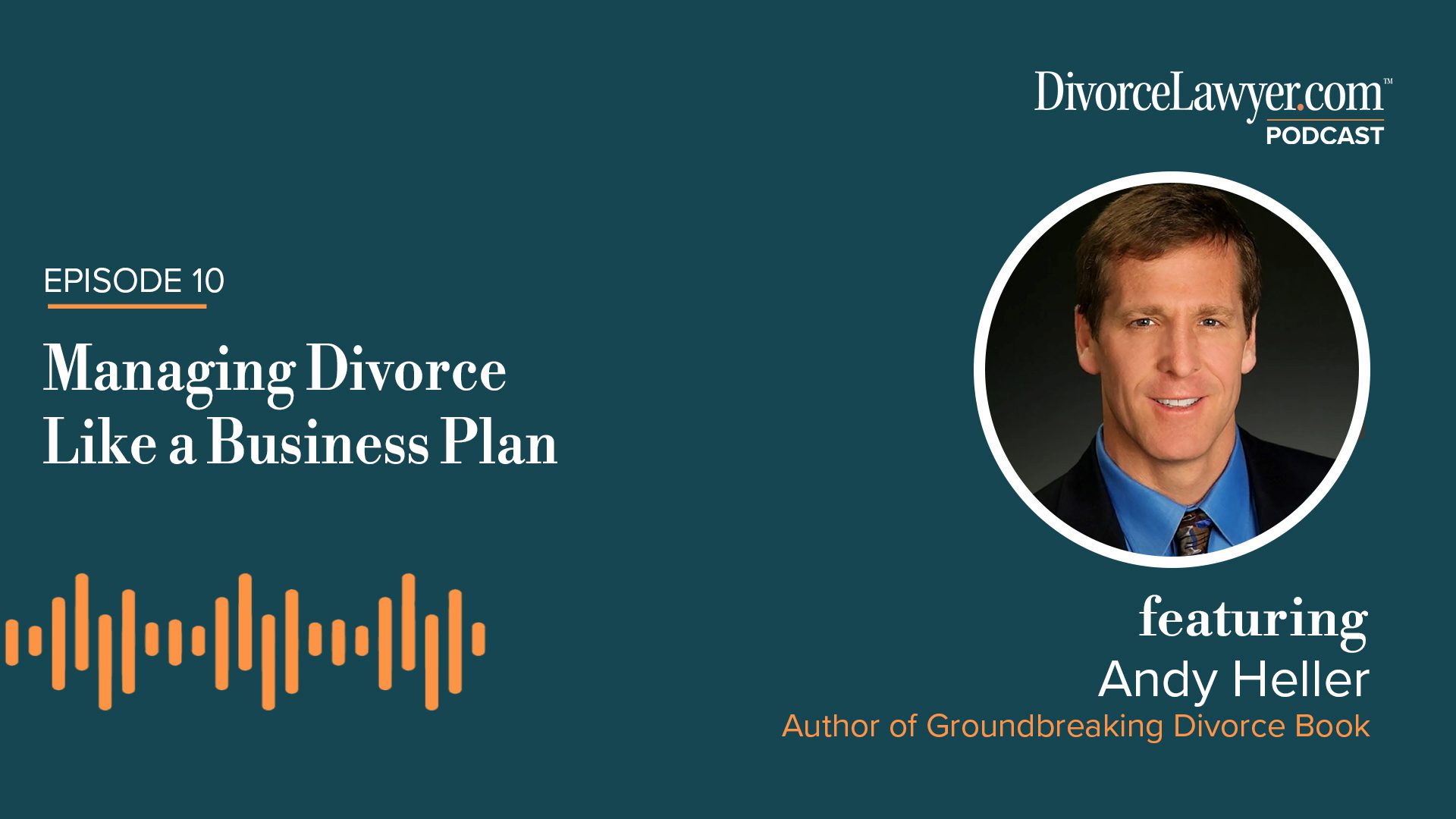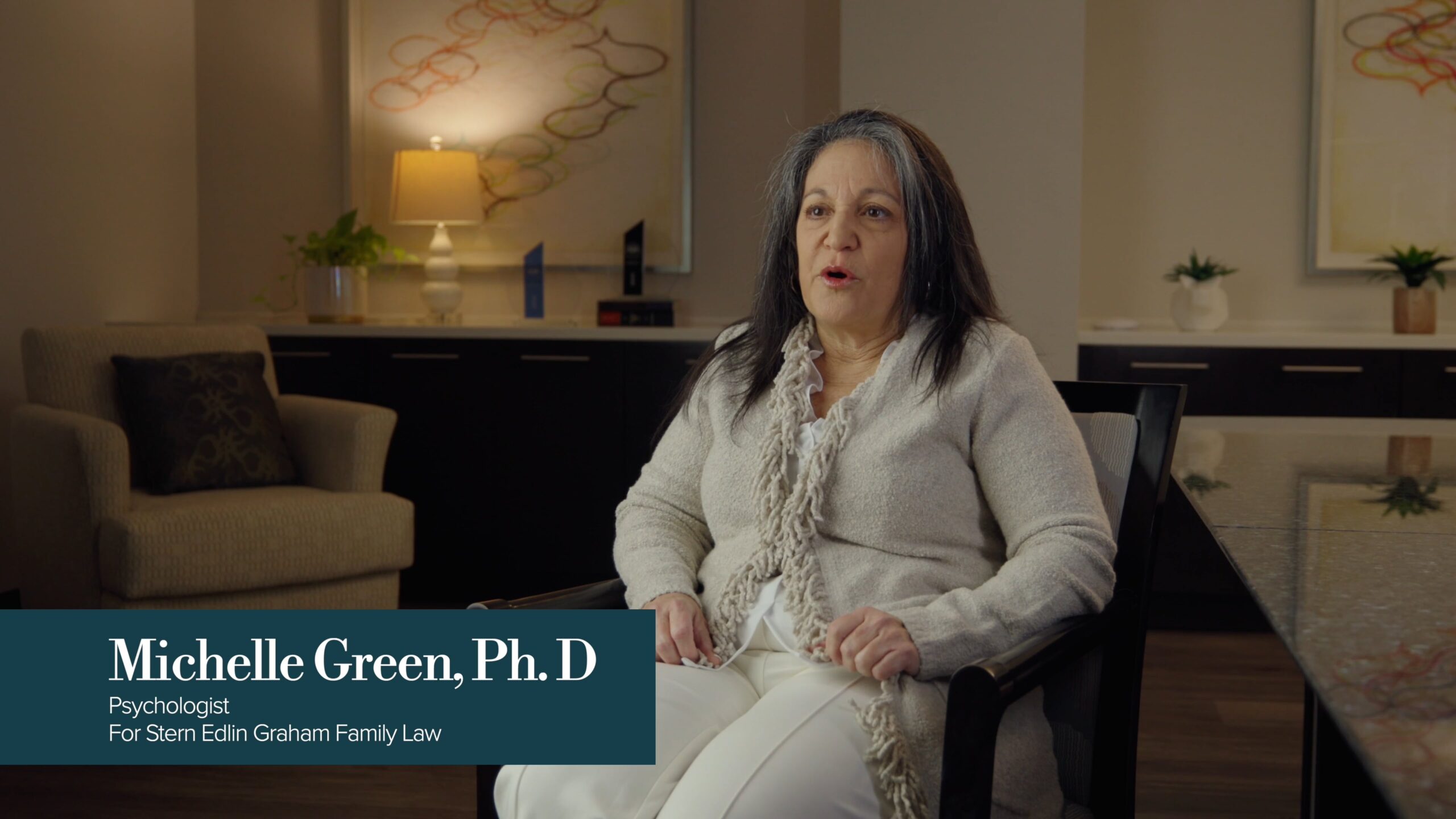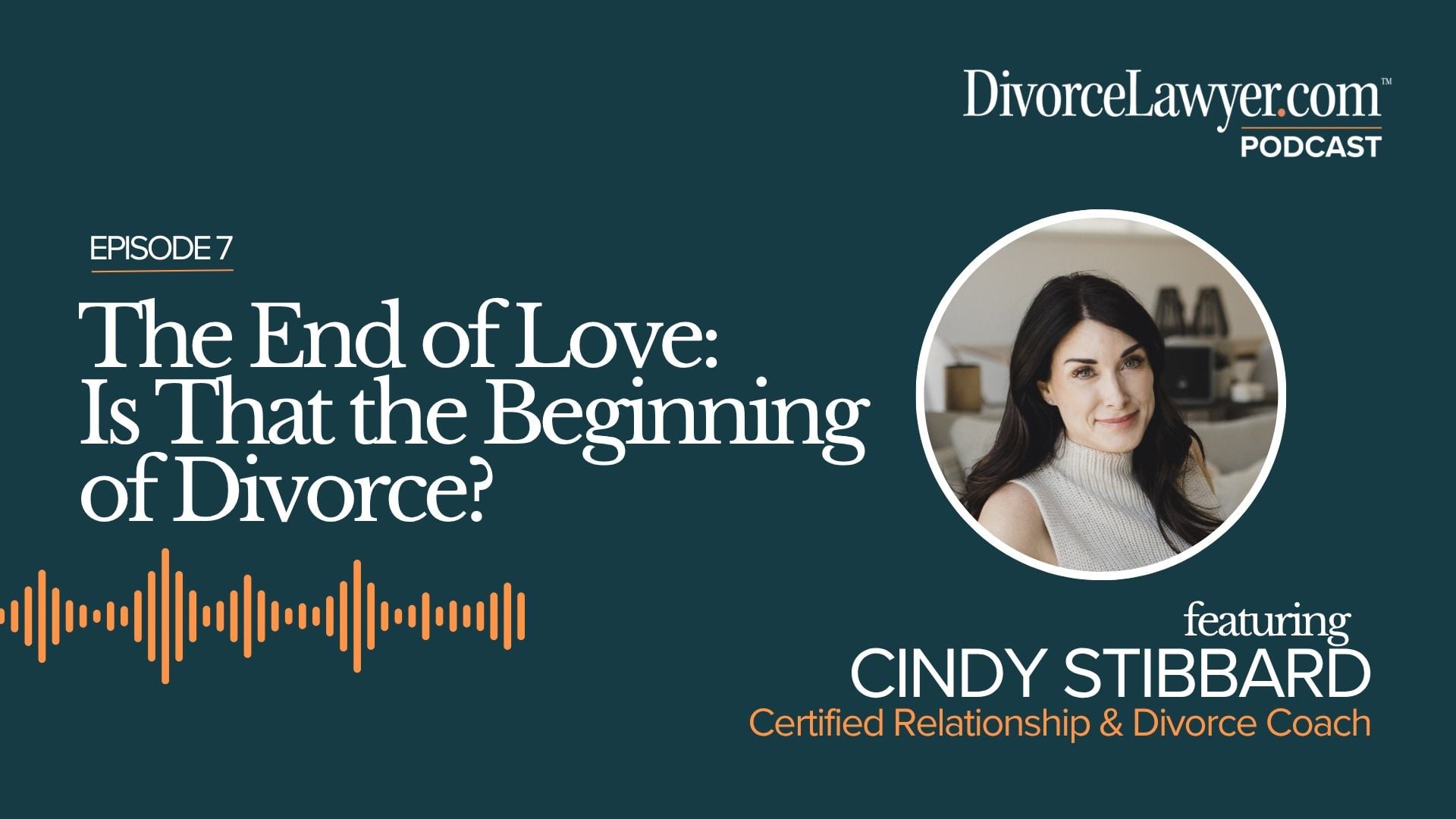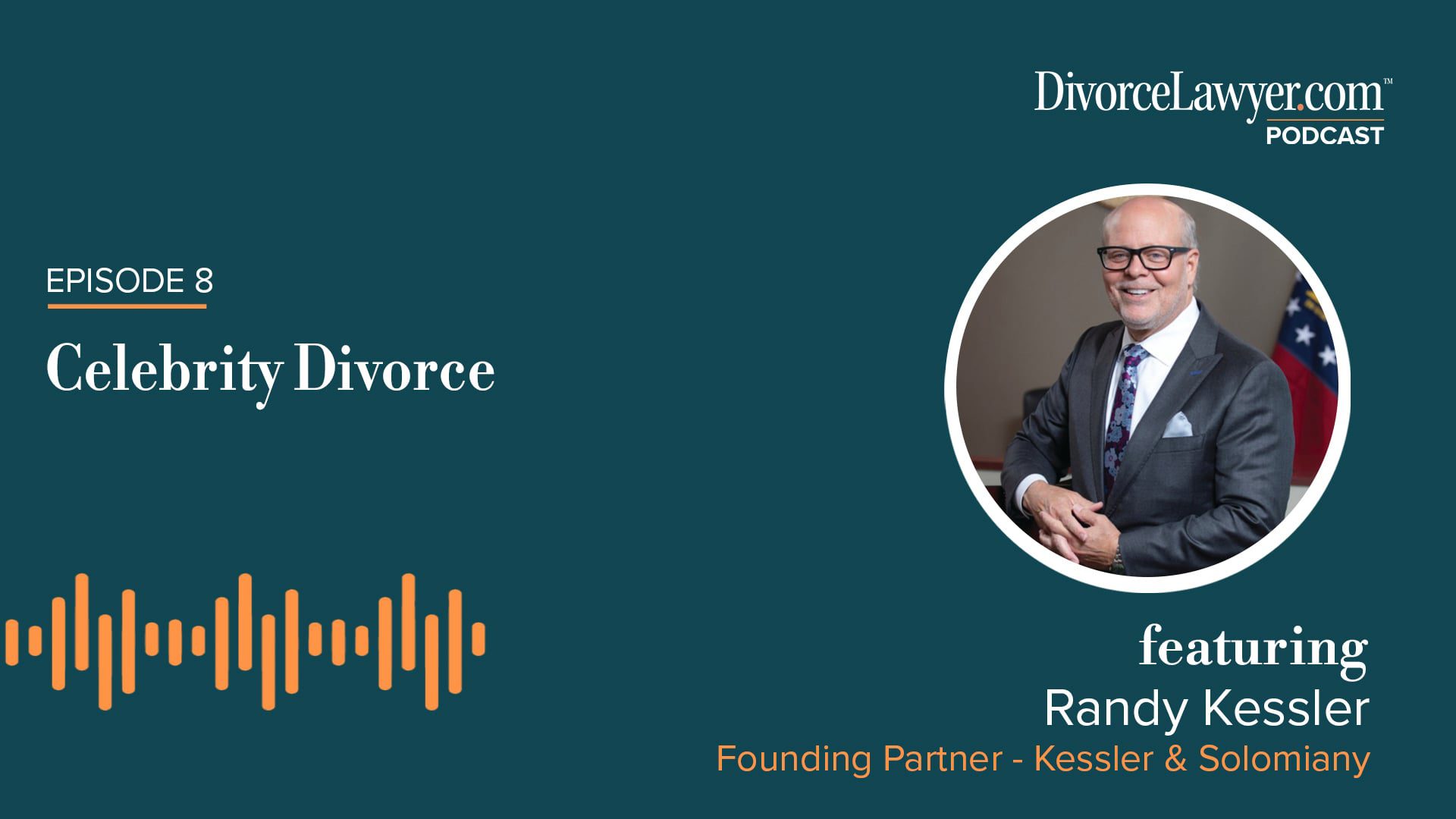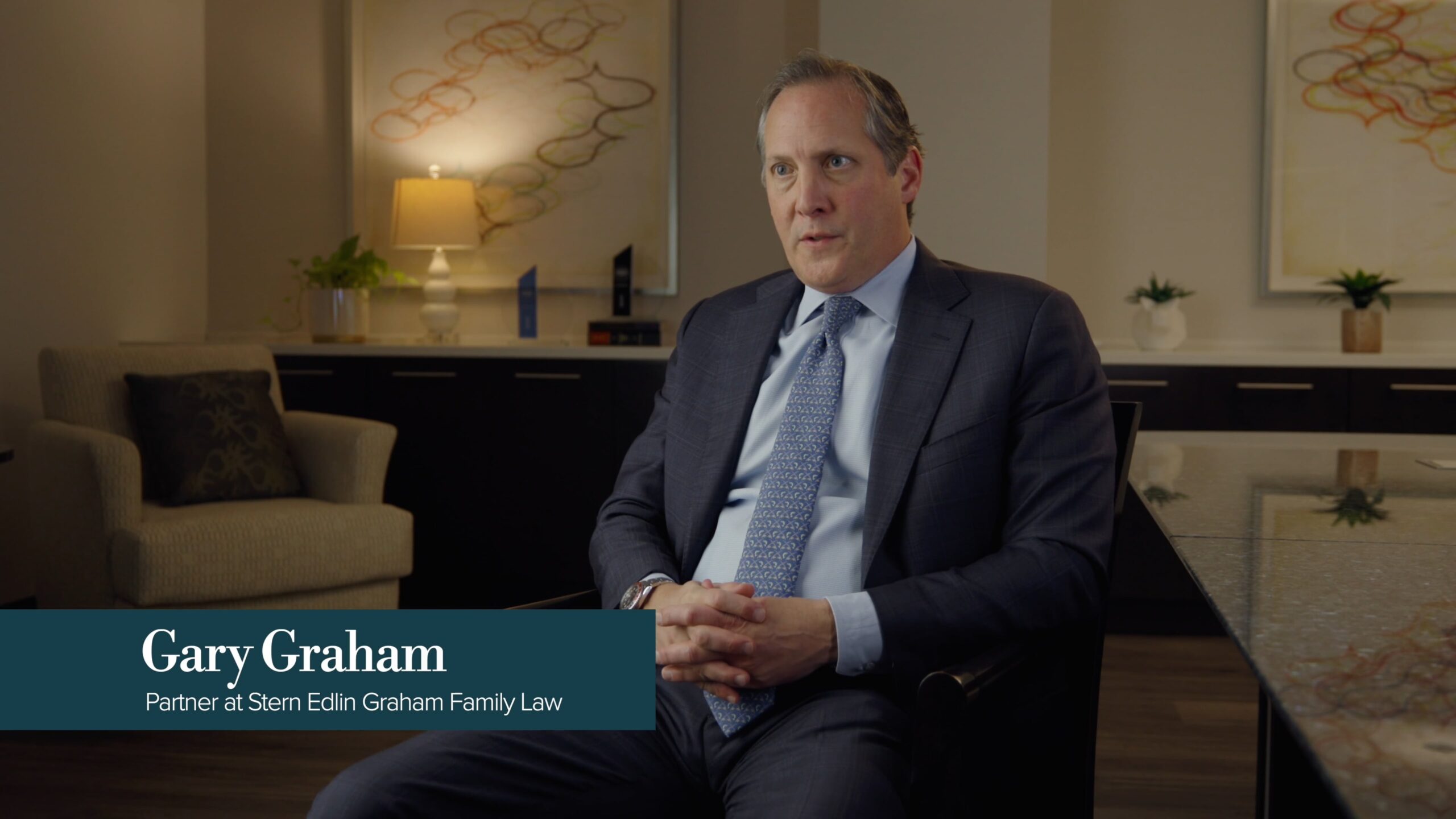Hidden Assets and Forensic Investigations with Nicholas Himonidis
OVERVIEW
In this episode, Rob Roseman interviews Nick Himonidis, a lawyer and digital forensics expert, about the complexities of uncovering hidden assets in divorce cases. They discuss the role of forensic accountants versus digital forensics, identifying red flags in financial disclosures, and the challenges posed by cryptocurrency. Nick shares a compelling case study of discovering $15 million in hidden crypto assets, emphasizing the importance of expert help in navigating these complex financial investigations.
HIGHLIGHTS
- Forensic accountants focus on known financial information, while digital forensics explores the unknown.
- Red flags in divorce cases include expenses exceeding known income.
- Clients often lack awareness of their spouse’s financial details, leading to hidden assets.
- Cryptocurrency has become a significant factor in asset discovery during divorces.
- Non-custodial wallets present challenges in tracing hidden crypto assets.
- Expert help is essential for lawyers dealing with complex financial cases.
- The landscape of financial investigations has changed dramatically with the rise of cryptocurrency.
- Digital forensics can uncover assets that traditional methods may miss.
- Understanding cryptocurrency is crucial for modern financial investigations.
- The future of asset discovery will increasingly involve digital forensics and cryptocurrency analysis.
TRANSCRIPT
Rob: All right, welcome to the DivorceLawyer.com Podcast. Today we are lucky to be joined by Nick Himonitis. Nick is a lawyer, a private investigator, a digital forensics expert who spent over 30 years uncovering the truth in high stakes cases from financial fraud to complex divorces.
Today, Nick and I are gonna be talking about hidden assets and forensic investigations. Nick, thank you for being on today.
Nicholas: My pleasure. Thanks for having me.
Rob: Let’s just jump right into it with the questions here. When it comes to finding hidden assets, especially in a divorce, you always hear about forensic accountants.
What is an example of like digital forensics? What kind of things are you looking for?
Nicholas: Sure, forensic accountants do a lot of things. Mostly what they do is examine information that people already have about financial accounts and financial transactions, right? To find if there are gaps in the documents and information, if there appear to be transactions that aren’t really fully explained and they need further explanation of what those things represent. They mostly focus on examining the known universe of financial information, right? What we do as financial investigators and the digital forensics component is really a means to an end in this regard is to focus on the unknown, the unseen, right? What may be out there that the parties don’t have to give to the forensic accountants to analyze or examine and opine about, right? Come up with values, et cetera, et cetera.
So for example, in divorce cases, which is certainly by no means all, but a big part of the work we do, there may be a moneyed spouse, right, who may own a business and the forensic accountants have personal financial records and bank statements and bank statements and financial records about the business and they’re doing their thing and going through all that. We will often get brought in in a case like that where someone thinks or has reason to suspect that maybe the moneyed spouse has a whole other business that they don’t have any details about, or they don’t have any records about to give to the forensic accountants, or that the moneyed spouse has other assets that they don’t have records or information about to give to the forensic accounts. So generally what I’m saying is, know, forensic accountants, for the most part, at least in my experience, which is pretty extensive, you know, they’re not out there researching and investigating and running around the world looking for what they don’t know about. They’re focused on what we do know about.
So a big part of our job, at least in the financial due diligence that goes on in divorce cases, is to try and close that gap and go out there and see what else may be out there.
And I could be a lot of things and has proven out over the years to be a lot of different things in a lot of different cases, from real estate to whole other businesses that were owned that no one knew about, to offshore investments, to very, very prevalent in recent years, cryptocurrency holdings that people didn’t disclose or parties didn’t know about, et cetera.
Rob: Maybe another family they’ve got that you never even knew about.
Nicholas: We have indeed seen that too, although I’m not sure I’d put that in the category of an undisclosed asset as much as usually a liability. But yes, we certainly have seen those cases. That’s a real thing.
Rob: So it sounds like they’re going after the known, you guys are digging into the unknown. You’re finding the hidden treasure that there might not be out there.
Nicholas: Generally speaking, yeah, that’s pretty much what separates us, you know, or differentiates what we’re doing from what forensic accounts are usually doing, yes.
Rob: So for somebody listening that’s either going through a divorce or even a lawyer listening that suspects something, there, what’s an example of a red flag that might be an indicator that somebody is hiding something?
Nicholas: That’s a great question. you know, there can be a lot of red flags. And this is something where I’ll actually take a cue from the forensic accountants, right? Because they’ll be the first ones to say this. The biggest red flag is if the expenses, right, of the couple, right, we’re talking about divorce cases, right? So there’s a family.
If the expenses of the family are clearly in excess of what the income appears to be on paper, well, right off the bat, unless there’s a steadily increasing debt that’s visible and easily documented, where’s the difference coming from? It’s coming from somewhere, right? Some source of cash income or some other source of income that is not known about or not clearly visible in the financial picture. That’s one major big red flag. The other things I would say, that’s like a big picture red flag. On a more micro level, like for a client, usually it’s things like the client heard something, heard the other spouse mentioning a business or mentioning an address or mentioning something that might represent an investment or something that they had never heard of before. And again, very, very prevalent in recent years, maybe one spouse heard the other spouse say something or mentioned something having to do with cryptocurrency and everyone’s looking at the financial disclosures in the case and there’s no reference to any cryptocurrency accounts or crypto assets, well that’s a huge red flag.
Rob: Yeah, I imagine these are the kind of things too that like when you’re married, you’re like, he’s got his own thing. it all works. It’s all like part of the family thing. And we’re kind of okay with it or return a blind eye. But then when we’re getting divorced, all of a sudden, this is a new problem. And this is something we have to address. Is that something that you see with clients?
Nicholas: All the time. that kind of, the question is great because it kind of dovetails into a little story or example I like to give because, you when I have chats like this, folks usually ask like, give me an example of like, you know, some really big find that you made or something.
And this goes right along with the question you asked, which is, so yeah, all the time we get involved in cases, especially, you know, like we said divorce cases where our client may or often is not the moneyed spouse and much more than that sometimes is, I want to say financially ignorant. And I don’t mean in a general sense. mean, they’re ignorant of all the facts and details of the family’s finances. And they’ve been more than happy to be that way because everything was fine for however long things were fined for, but now they’re not. And we have a client who just doesn’t know very much or doesn’t think they do.
So we had a case just a couple of years ago and to this day, was one of our biggest crypto fines of an undisclosed asset in a matrimonial case. And it was with a client who was completely financially ignorant of the details of the marital finances. So was a high net worth case. And we got into the case, were multiple lawyers representing our client, a team of forensic accountants working with our client, going through the husband’s business, financials and all this other stuff. The client kept saying, I know my husband’s got a bunch of crypto stuff. Like that’s about how sophisticated she was with respect to crypto.
She’s like, but I don’t know anything about it. I don’t know where it is or what kind, and I don’t know anything about that stuff. And we were asking the lawyers and the forensic accounts, and we’re looking at all these things and everything. eventually we’re pouring through documents and stuff, and we find a Coinbase statement, right? Coinbase is probably the most well-known cryptocurrency exchange in the United States. And we look at it, we’re like, aha.
And then we very quickly looked at the account information. She said, wait a minute, this is not the husband’s account. This is our client’s account. So we went and asked our client. We said, there’s a Coinbase statement here. She goes, yeah, that. She goes, I didn’t do that. My daughter set that up for me. I don’t know anything about it. We said, but then we kept asking questions.
And then she eventually says, well, my daughter set that up for me a few years ago, before all this divorce stuff happened, because she said, my husband wanted to give me some crypto for my birthday. Well, what’s your birthday? She tells us her birthday. We look on her Coinbase statement that only has a couple of dozen transactions on the whole account. And there’s not very much value in there. keep in mind, again, this was a high net worth case. Maybe there was $50,000 or $100,000 worth of crypto in it, which in the context of this case was not a lot of money. But we looked on her birthday and there was an incoming transaction on her birthday. So we traced it to a private non-custodial wallet. And then we examined all of the transactions out of that wallet. And we traced that wallet to some other wallets. And we ultimately wound up uncovering a flow of crypto funds from what was clearly the husband’s private non-custodial wallets to a little known, not very popular cryptocurrency exchange located in the Midwest of the United States that, know, 999 out of a thousand people, even crypto people never heard of before. And that flow of crypto over period of a few years leading up to and after the divorce, totaled around $15 million worth of cryptocurrency that had been funneled to this crypto account. And it wasn’t disclosed anywhere in the financials of the case. So, hello.
My point is, yes, we deal with clients who are ignorant of the financial details and circumstances in a marriage very often. But we never make the mistake of discounting, you know, what they may know without even realizing they know it, you know. And we always make a point of talking to them repeatedly sometimes, and really, you know, drilling them. you know, sometimes, yeah, it’s like pulling to my wife’s a dentist. And I always joke with them, like I pull teeth too, but in a different way. And we try and get to the bottom of it any way we can.
Rob: Oh, and it’s such an interesting topic because a lot of these a lot of people got involved in crypto when it was very new. So maybe they said, Oh, I got 100 shares, parts of Bitcoin when it was 100 bucks. And back then, it was worth that 10,000 bucks. now, unbeknownst to maybe the spouse, that $10,000 could be $10 million. Is that something you see a lot where it’s like, it started as like a lark, and now it’s a real thing?
Nicholas: Yes. Yes. And I’ll tell you something else about that that’s really important when we talk about crypto and hidden assets and stuff. And by the way, mean, last I looked yesterday, I may be off a little, but Bitcoin is up about over all time, I don’t know, 121,000% or something like that. Find me a stock or a fund that’s up 121,000%. So yeah, when we do investigations and there’s a suspicion of cryptocurrency holdings or assets, one of the things we’re looking for, like I mentioned in the previous case, we got to get a starting point to do an investigation or forensics, right? It’s not like, if we’re looking for hidden bank accounts, we have methodologies available to us where if I know your name, I can find your social security number, I got your date of birth, I know some other basic information about you, there are legal, lawful legitimate ways that we can not get your private banking information like the details of your banking transactions, et cetera, because nobody can do that legally, you know, outside of subpoenas and compulsory legal process.
But we have lawful ways that we can do research to identify financial institutions at which it is likely that you or at some point in recent past had accounts or you had some dealings with these institutions. We can do that based on you, your name and personal information. You can’t do that with cryptocurrency except with the brokerages and exchanges. Coinbase, Kraken, the whole list of brokerages and exchanges, the crypto platforms.
They are more or less like banks for this purpose. You can subpoena them. You can find out whether somebody has an account there and if so, you can get the account records, et cetera, just like you can from Chase or Citibank through legal process. We even have ways to find out without subpoenas or compulsory legal process, just like we do with the bank accounts and investment accounts, whether John Jones has an account or appears to have an account at Coinbase or Kraken or Robinhood or etc. But that’s all we can find out.
With the whole other half of the crypto universe, okay, the crypto universe for this purpose is split in two. There’s what we call the custodial crypto universe, which is what I was just talking about, the Coinbases and Krakens and Robinhoods of the world, which is what a lot of people do. And pretty much most people, if not everyone who has no nefarious ulterior motives does that, right? But the whole other half, and when I say half, it’s at least half, if not more, of the crypto universe is what’s called the non-custodial or peer-to-peer crypto universe, which is, I got a whole bunch of crypto. None of it is in any cryptocurrency brokerage or exchange or account anywhere. It’s all in self custody, private non-custodial wallets that I created, I set up without any help or involvement of anybody else in the world and nobody in the world knows that it’s mine except me.
The ledgers and the treasurers, the hardware wallets where you see in the movies and TV, somebody’s waving around a thing that looks like a thumb drive and they’re like, I’ve got the 5 million in crypto right on here. That’s what we’re talking about, non-custodial crypto. And that’s a huge and very real thing. And I know I seem like I went a little afar, but it’s a weave. And I’m coming right back to your question now.
We’ve had plenty of cases where someone was an early adopter in crypto. They got a bunch of Bitcoin from, let’s say, mining, back when individuals could actually mine crypto on their own and once in a while be successful and win some Bitcoin mining rewards. Can’t do that anymore. You have to basically be like a server farm in China to successfully mine any Bitcoin. So they got some Bitcoin back in 2016 or 2015, right? Before most of the rest of the world even knew what Bitcoin was. And they got it in a private non-custodial wallet. They never put it on an exchange or brokerage. And they still have it to this day on that private non-custodial wallet. Well, they sent it to a new private non-custodial wallet, maybe the 10th new private non-custodial wallet.
But it’s never touched a brokerage or exchange because they’ve never cashed it out. And they had it since 2015. And now it’s worth, you know, 100,000 % of what it was worth when they got it in 2014 or 2015. And yes, we’ve had a few cases where one spouse, you know, got 10 or 20 or 30 or what have you Bitcoin back in the day and they still had it now. I mean, Bitcoin’s at like $123,000 now, but even six months ago, whatever, it 90 or $100,000? You’re talking about tremendous, tremendous value. And in those cases, if we don’t have a lead or a hook somewhere to lead us to the existence of that crypto, there’s no way to find it and attribute it to the person we’re investigating just by virtue of the person’s name, social security number, because none of that exists or has any relevance in the crypto universe, except that the brokerages and exchanges, which operate like financial institutions. And they, of course, require all that information, just like a bank does. That’s what makes the whole crypto revolution, especially in this context, so game changing and so fundamentally different, because it’s literally created something that has never been seen before. The ability to create your own account, to hold and transact assets without the involvement of any financial institution anywhere. So nobody has any record of who you are.
Rob: It’s almost like a, it’s like a brand new problem that nobody, until they contact Nick and the NGH group, like they had no way of even knowing this was a problem, forget finding a solution. So it’s like, this really didn’t even exist until whatever, 10 years ago when it started.
Nicholas: Yeah, mean, so Bitcoin’s been technically around since 2011, 2012, you know, as a real thing, a little earlier than that, if you want to get really technical, but yeah, until we only got really seriously involved in crypto and blockchain forensics, in 2017, 2018, because we saw this look many years ago, I saw digital forensics as the turning point, next really big thing in financial investigations. I was already involved in doing financial investigations back before digital forensics was even really an actual term.
And then jump ahead, 25 years or so back in 2017 or so, I’m sitting around, I’m reading bits and pieces about crypto and Bitcoin and reading up more and more about it from a practical and technical point of view. And the light bulb just went off and I said, this is gonna be huge. And I didn’t mean it in a way the economists and investment people mean, this is gonna be huge. Although I guess I kind of realized that, although I guess I didn’t realize it that much or we wouldn’t be talking. I’d be on my mega yacht in the Caribbean, right? But I certainly realized that in the context we’re discussing, this was gonna be a huge thing. And it has very much turned out to be true.
Rob: Especially I imagine for high net worth individuals and assets, they’re looking for places where can I store my money? What if I get divorced? Like they’re thinking about all these things. And usually it is only one person of the two that’s handling the money in general. So I could imagine even more so. Are there people that are out there like, helping the high net worth individual? Here’s a place like the Swiss bank account? Is this like kind of another angle for that?
Nicholas: Yes. Well, so here’s the thing. The answer is sure, yes, there are, but maybe not in the way you meant it, because if you were, you know, the moneyed spouse in some high net worth marriage, and you know divorce is coming down the pike, not too many years ago, you said, well, I gotta put this $50 million somewhere on the side. And you wanted to, put it in a Swiss bank account, let’s say, right? Yeah, you needed people to help you do that, starting with the Swiss banker and probably three or four intermediary people to assist you in the process. And it was complicated and costly, by the way, you know, the Swiss bankers don’t take and hide your money on the cheap, you know? So the whole point with the crypto is this.
If I’m that guy now, I can put 50 million into crypto. Little footnote, okay, yeah, there’s this issue of how do I take the 50 million US dollars and convert it to crypto? That’s a whole different discussion. If I’m trying to do that and not leave a clear, easy to follow trail, but there are ways people do that or attempt to do that that make it hard to follow. But once I’ve got the crypto, now I can put 50 million or 500 million on that ledger nano just as easily as I can put 50 bucks. And then it’s right here in the palm of my hand. And I can get on a plane and go anywhere in the world with my $50 million. I don’t need a suitcase full of cash. I don’t need a box full of gold bricks. You know, I don’t need something that’s hard to get through customs.
And technically speaking, I don’t even really need that ledger nano in my hand. All I need is the 24 word seed phrase for that ledger nano, and I don’t even physically need that ledger nano and that money’s mine. And I have to stress how serious I mean that when I say, that money’s mine. Because what I mean there is this, if you’ve got $50 million in a bank account, I don’t care what bank it’s in, including a Swiss bank, okay? Of course, it’s much harder to reach if it’s in a Swiss bank, but it’s still reachable. And some court can still exercise jurisdiction over it. Even if there’s big international stuff and they gotta go to Switzerland, don’t.
No, I’m not an expert in that. But certainly if it’s in any US bank or any bank that does business in the US, a court can exercise jurisdiction over that and send an order to the bank and say, freeze this account, because the court says so. If I got $50 million in a private non-custodial crypto wallet, you could get an order from the United States Supreme Court that literally says, freeze all the crypto in Bitcoin wallet number BC1Q, blah, blah, blah, blah, blah, blah, blah, blah. And give me that order. It’s nothing to do with it. It’s not worth the paper it’s printed on because there’s no one to serve it on. There’s no bank. There’s no central Bitcoin controlling authority. It’s an autonomous blockchain that operates organically that controls all the transactions and code is law. If you have the private key to that wallet with the $50 million of Bitcoin in it, you and only you direct what happens to it. No one can freeze it. No one can take it.
No one can stop you from transferring it as a physical matter. That’s what makes this so fundamentally different. There’s never been anything like this before. Other than cash or gold bricks, you know, which are incredibly hard to hide and move around. And that’s what’s like really flipped everything on its ear and makes this so, you know, fundamentally different.
Rob: And it’s not going anywhere. I think a lot of people thought, oh, this was a fad. Just like maybe they think AI is a fad. Maybe like they thought the internet was a fad 30 years ago. It’s like, this is a new reality. And think about like how many 30 year olds that got involved in this when they were 21. Now they’re married. They’re probably not saving in gold and old bank accounts. They actually probably have a lot of money. So I can only imagine this is going, we’re like in the infancy of this whole world.
Nicholas: There is no question in my mind and I’ve been fielding this question for years. And I’ll be honest with you, in 2017, 2018, 2019, when people asked this question like, oh, you know, is this here to stay? Is this gonna go away? My answer was, nah, I think this is really here to stay. That’s not a question anymore. That ship sailed long time ago. This is here to stay now.
With respect to any one specific cryptocurrency token, right? You know, who knows? Bitcoin’s at $123,000 for all I know, six months from now, maybe back down to 10 grand. Not likely, you know, but I’m not an expert in cryptocurrency economics. Just cryptocurrency, I know how to find it and trace it. Don’t ask me if it’s going up or down. I don’t know any more than anybody else.
But as a whole, it is absolutely positively not going anywhere. There’s too many, we’re talking about, because it’s the nature of our conversation, the nefarious and underhanded ways it comes into play. There are way too many very legitimate, very constructive and very positive uses, where cryptocurrency has really solved a lot of problems and issues. It’s not going anywhere.
Rob: Man, I hear all this. There’s somebody out there that’s thinking, damn it, Nick. Like, who is this guy coming in? He’s ruining my whole party here. You probably have a lot of people that might not be the biggest fan.
Nicholas: We certainly have a growing list of not fan clubs.
But it is an important discussion because I can even our listeners probably their eyes glaze over this is too complicated. and when it comes to a divorce, like these are the assets that you know, they were part of your merit marital assets. So it is important. And I think the whole point of this is like, this is too overwhelming to do on your own your law. This is above your lawyer’s pay grade. It’s like, this is the reason why you need an expert that specializes in this. So that’s why I’m glad we’re having this conversation today.
Yeah, and you hit the nail right on the head there. The smartest lawyers are the ones who call us and say, hey, I know what cryptocurrency is, but I don’t know nearly enough about this stuff. I need you guys. And to be honest with you, I know some really, really bright, some brilliant forensic accounts. And a lot of them call us and say, hey, we’re really good forensic accounts, but we can’t do this crypto forensic stuff like you guys are doing, we need your help. So we actually wind up working hand in hand with lot of forensic accountants on cases that involve cryptocurrency issues.
Rob: Super interesting. Well, let’s leave it on that. Let’s let people know where they can connect with you, Nick.
Nicholas: You can check us out at our website, TheNGHGroup.com. You can call our office anytime, 516-621-6500. As for me, I’m always happy to talk to anybody who wants to chat about these things.
Rob: I love it. Yeah, after this conversation, I’m sure the phones will be ringing of I suspect something’s going on here. I had no idea how big it was, though. Thank you, Nick.
Nicholas: So you’re very welcome. Thanks. It’s been a pleasure.
The DivorceLawyer.com Podcast with Rob Roseman, Featuring Nicholas Himonidis, President and CEO – The NGH Group
Contact Information – Find Nicholas Himonidis and The NGH Group online here, TheNGHGroup.com.
